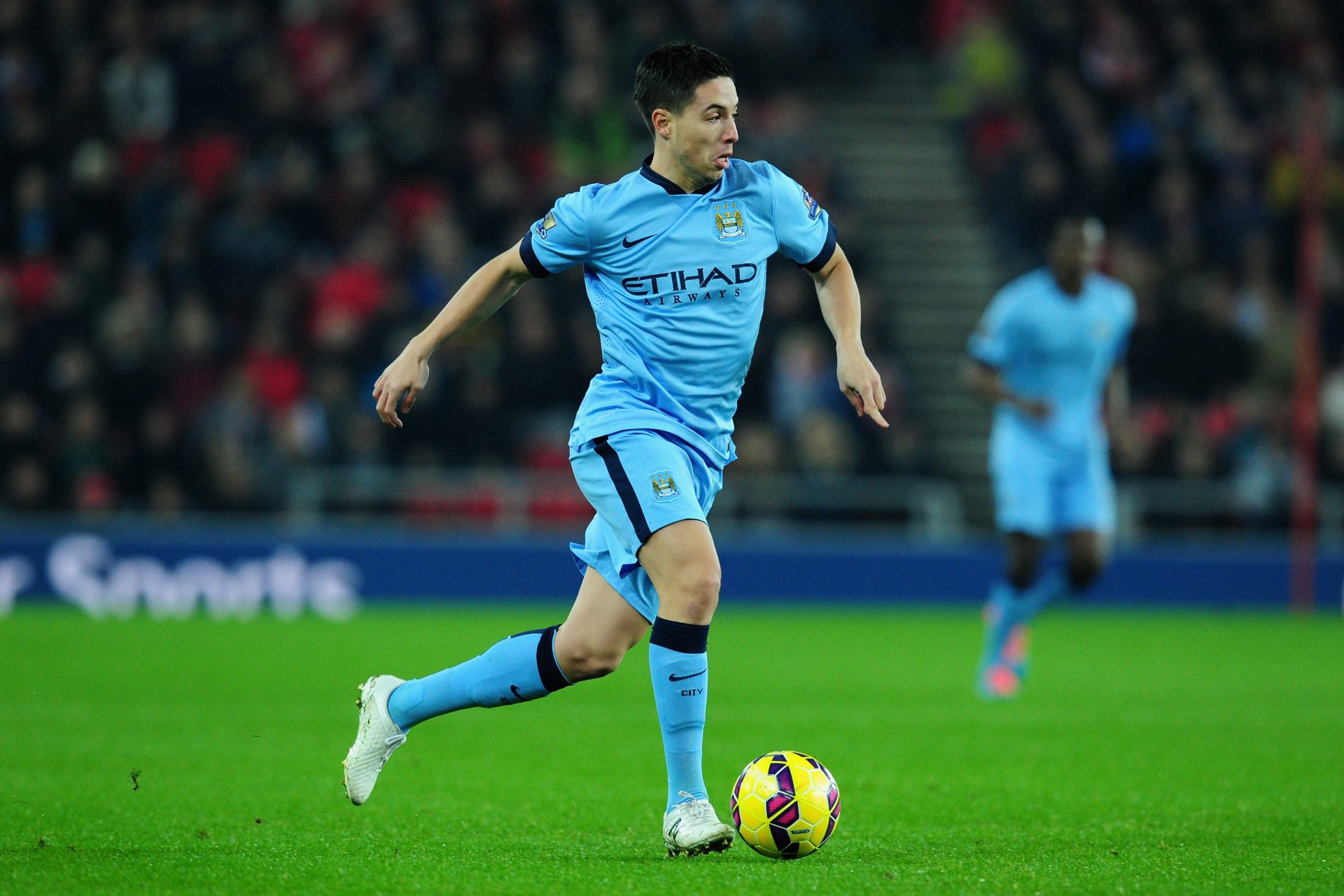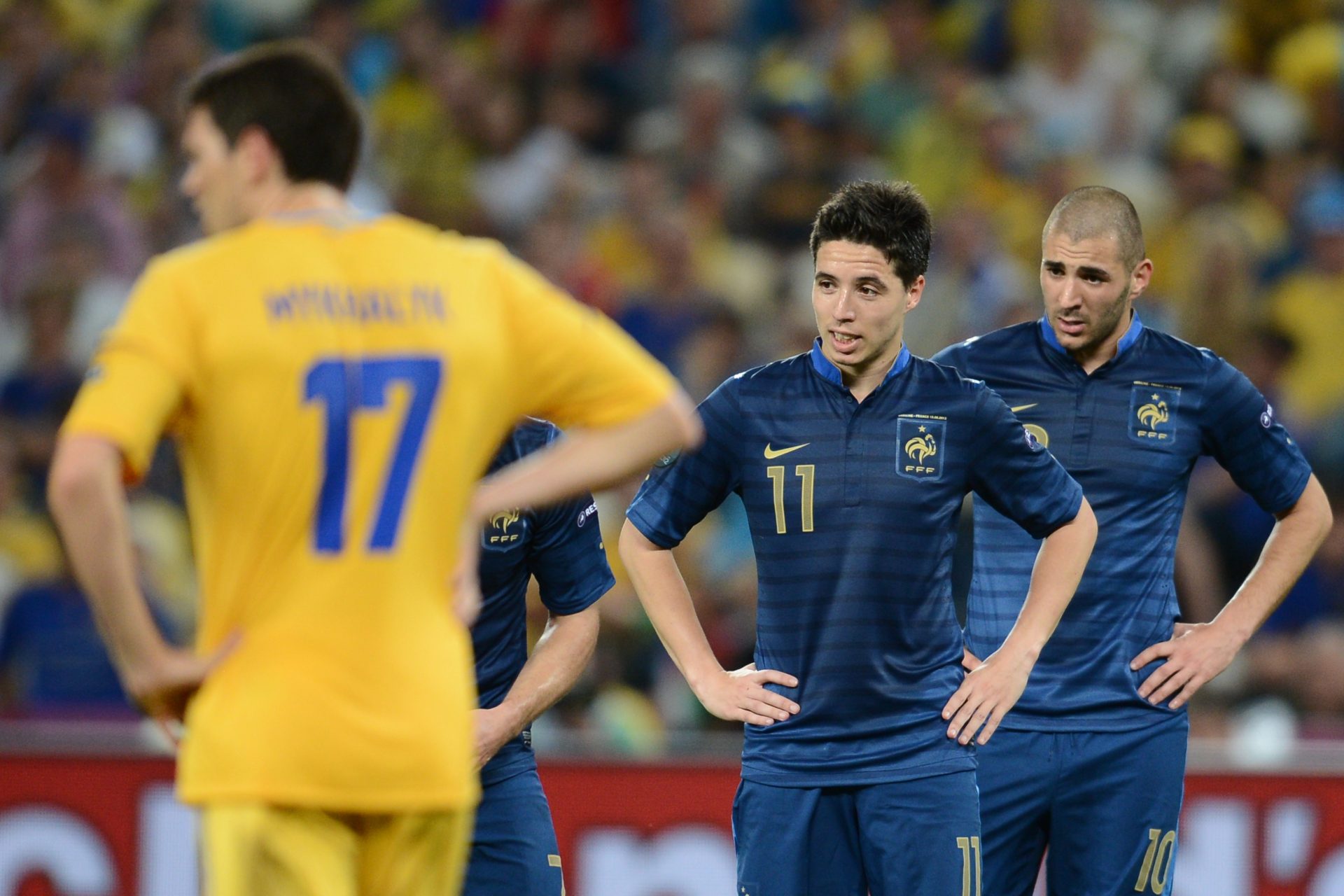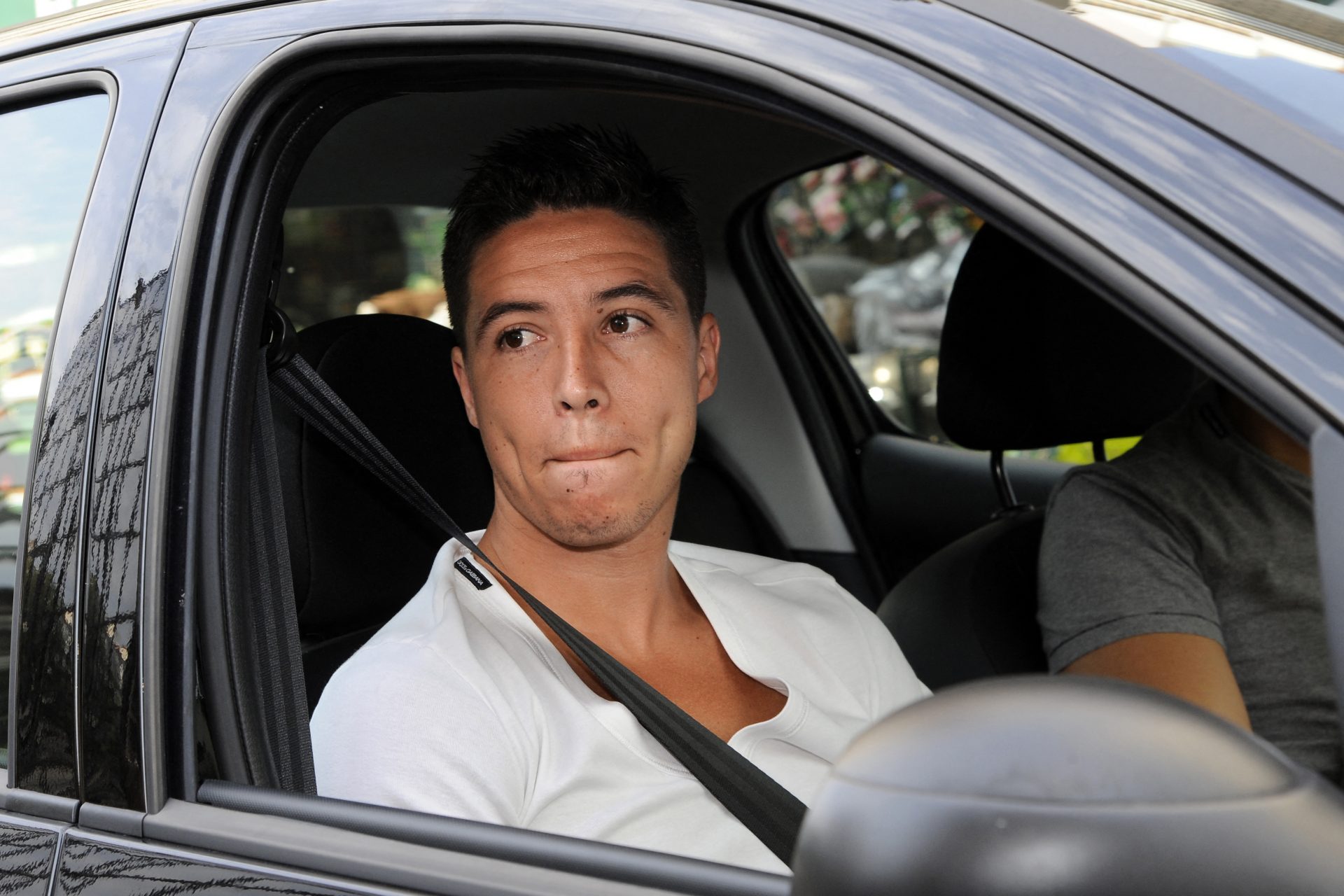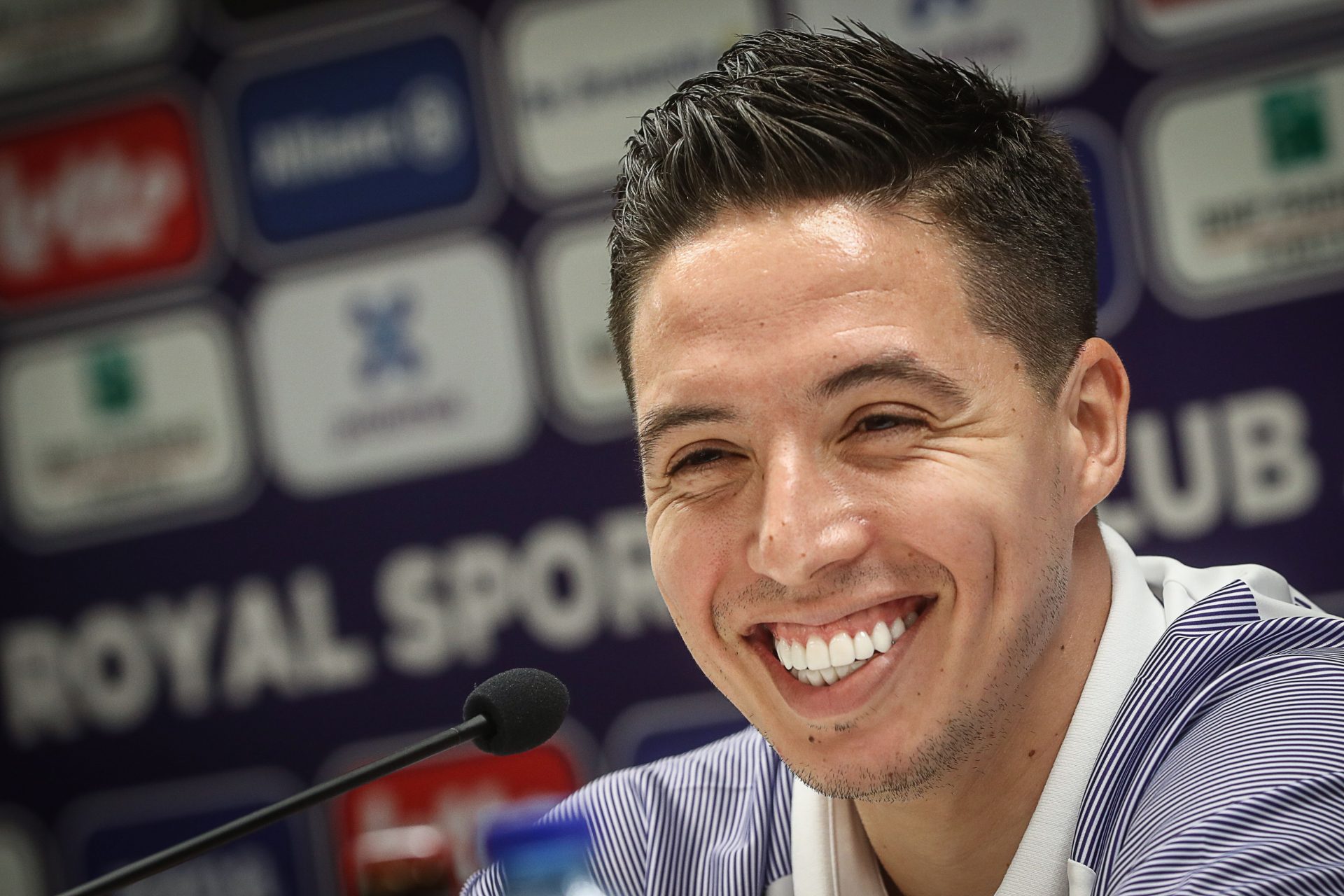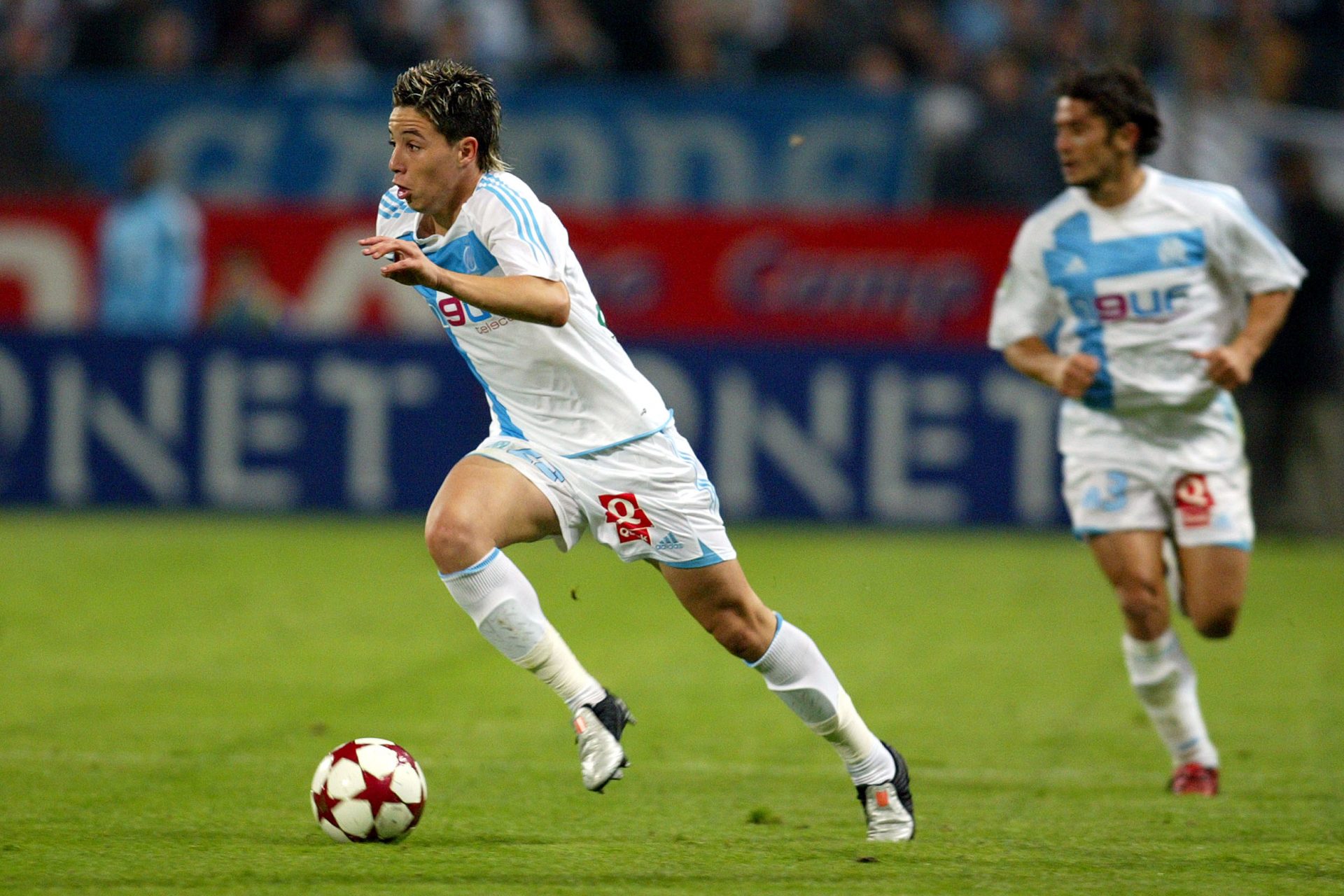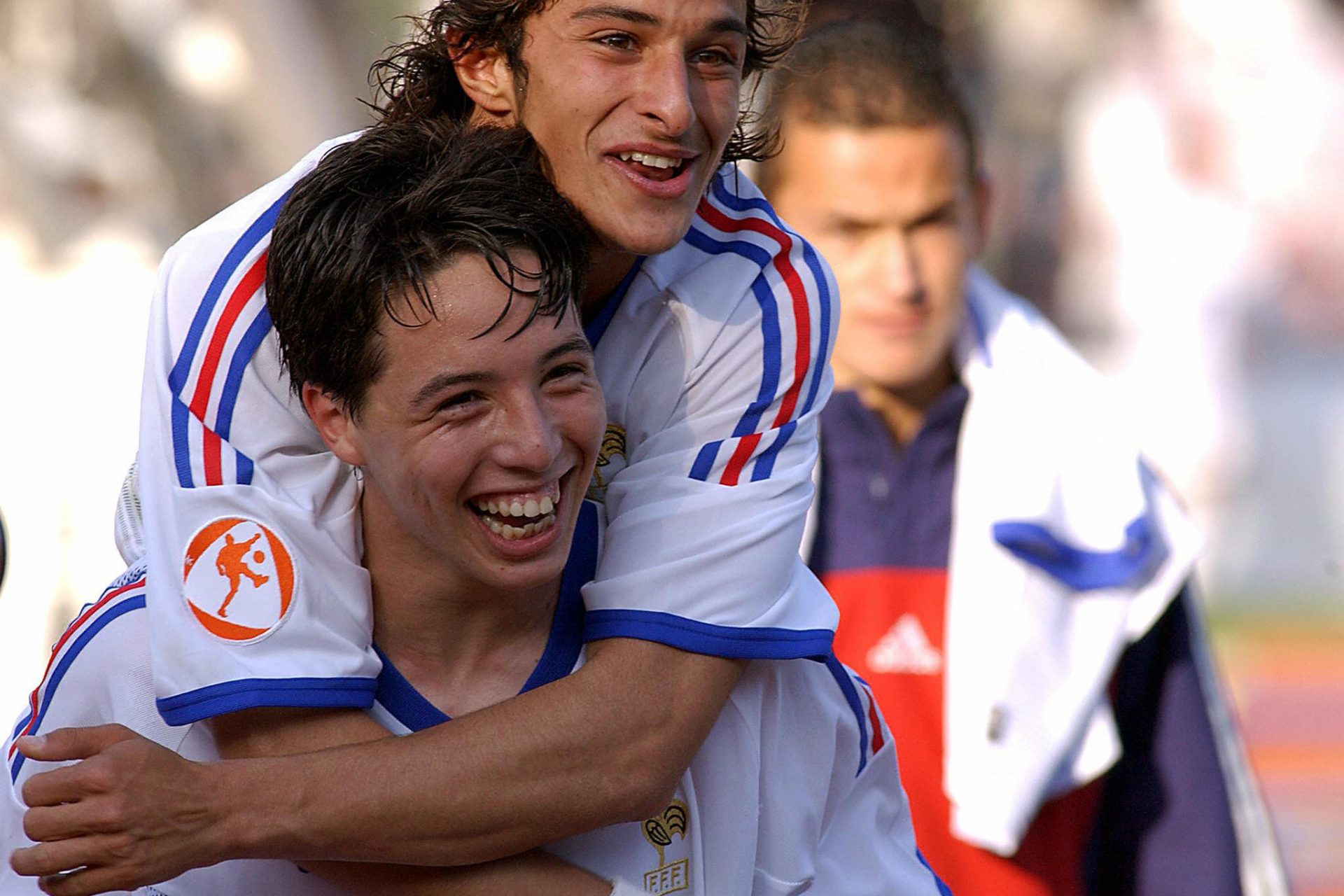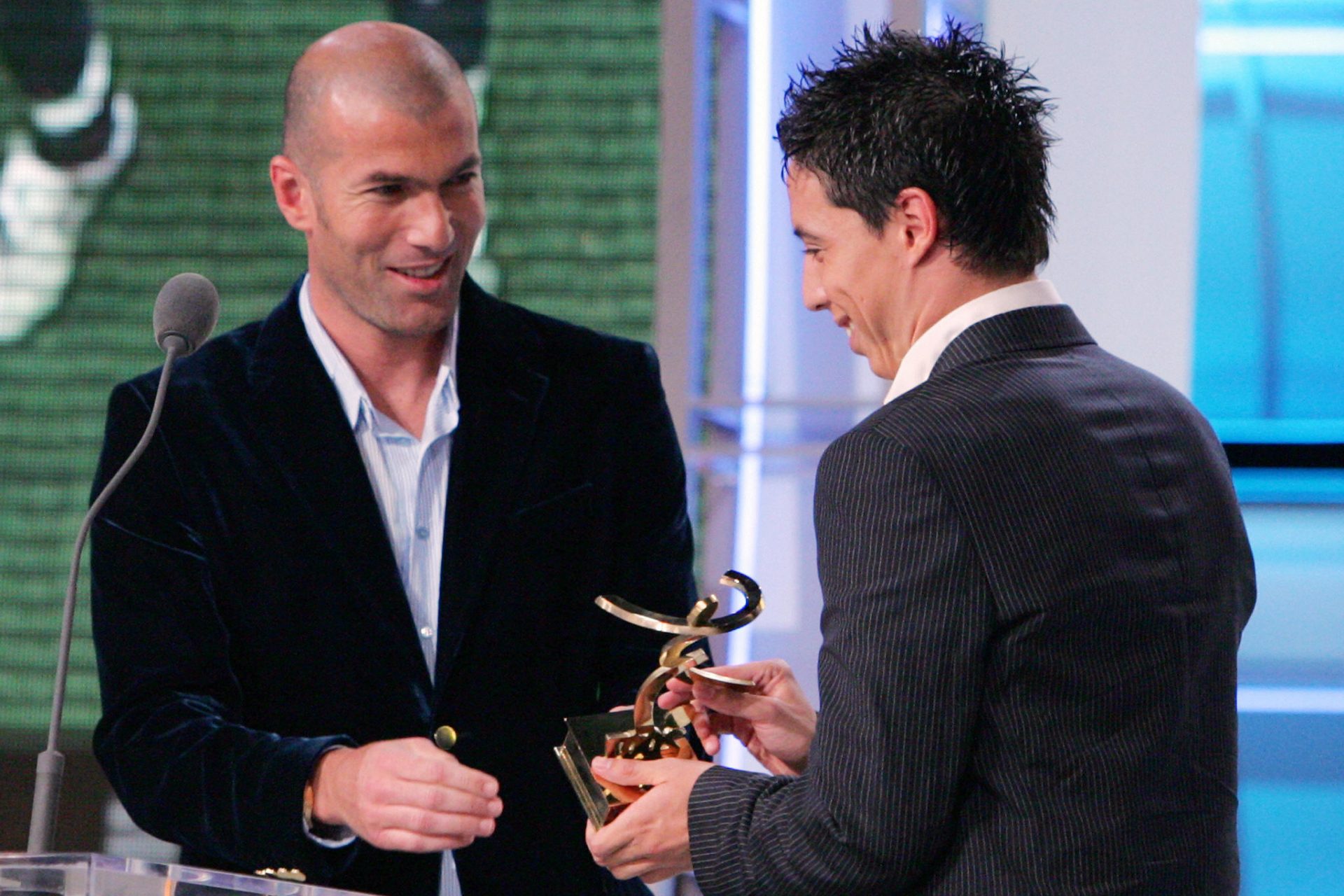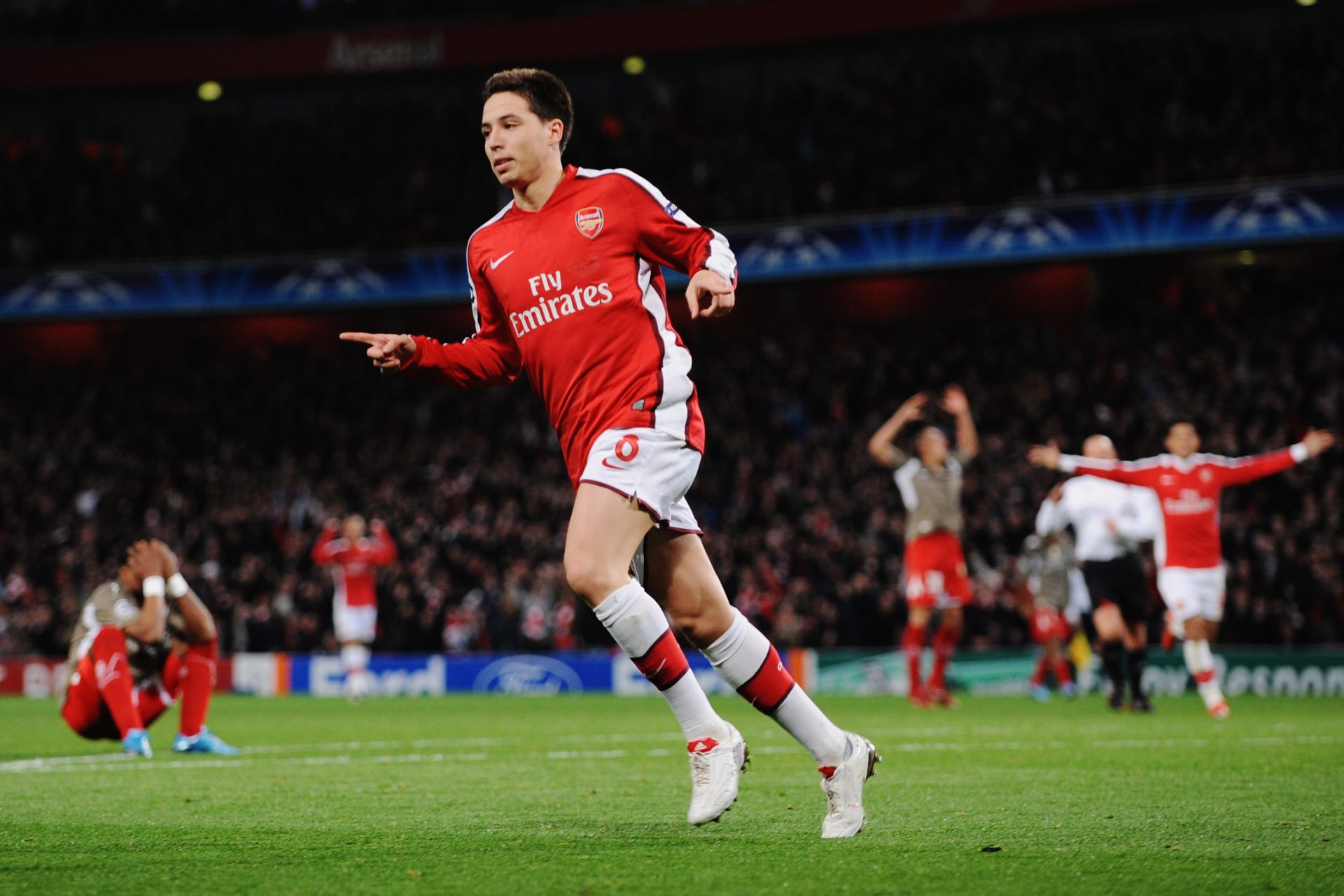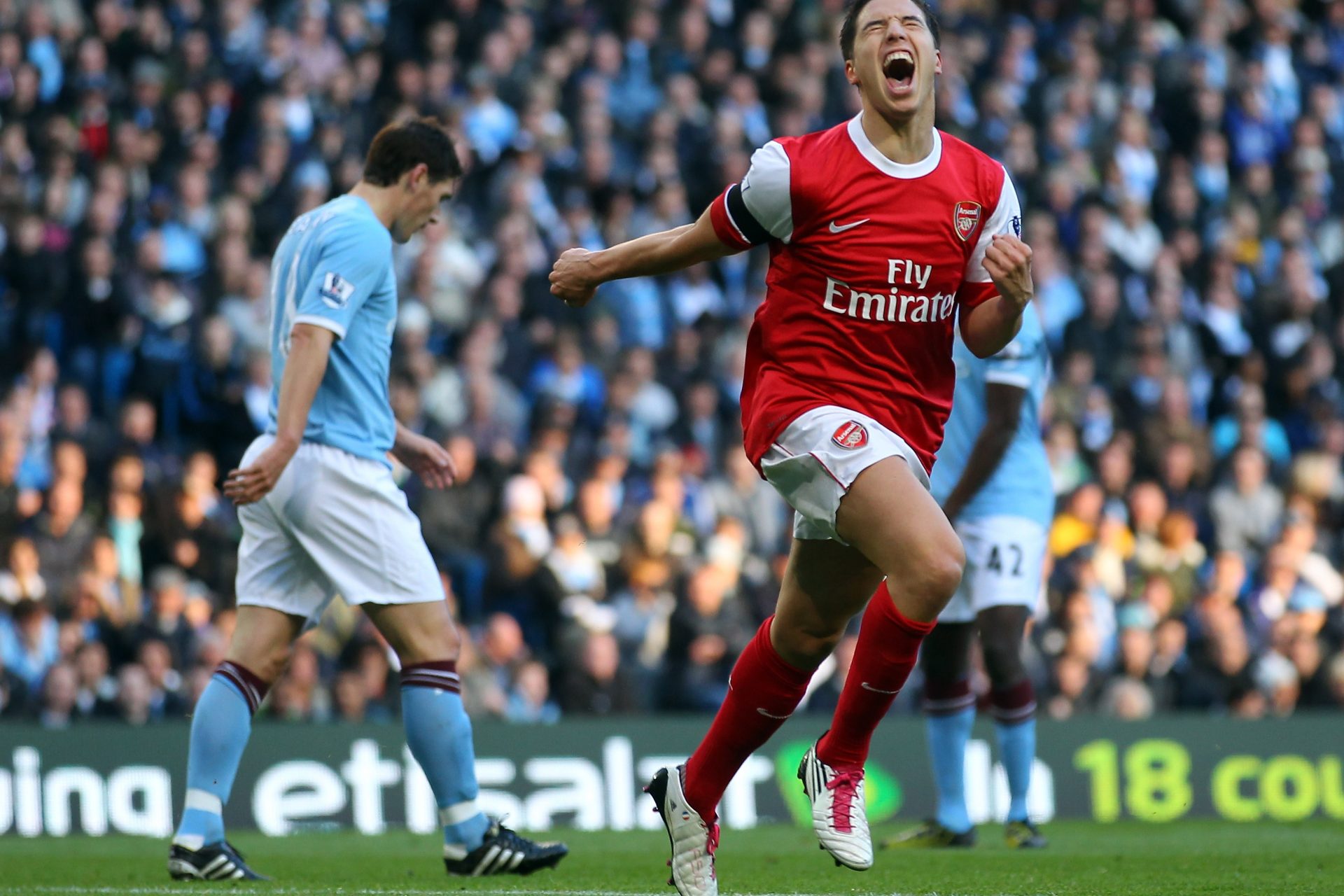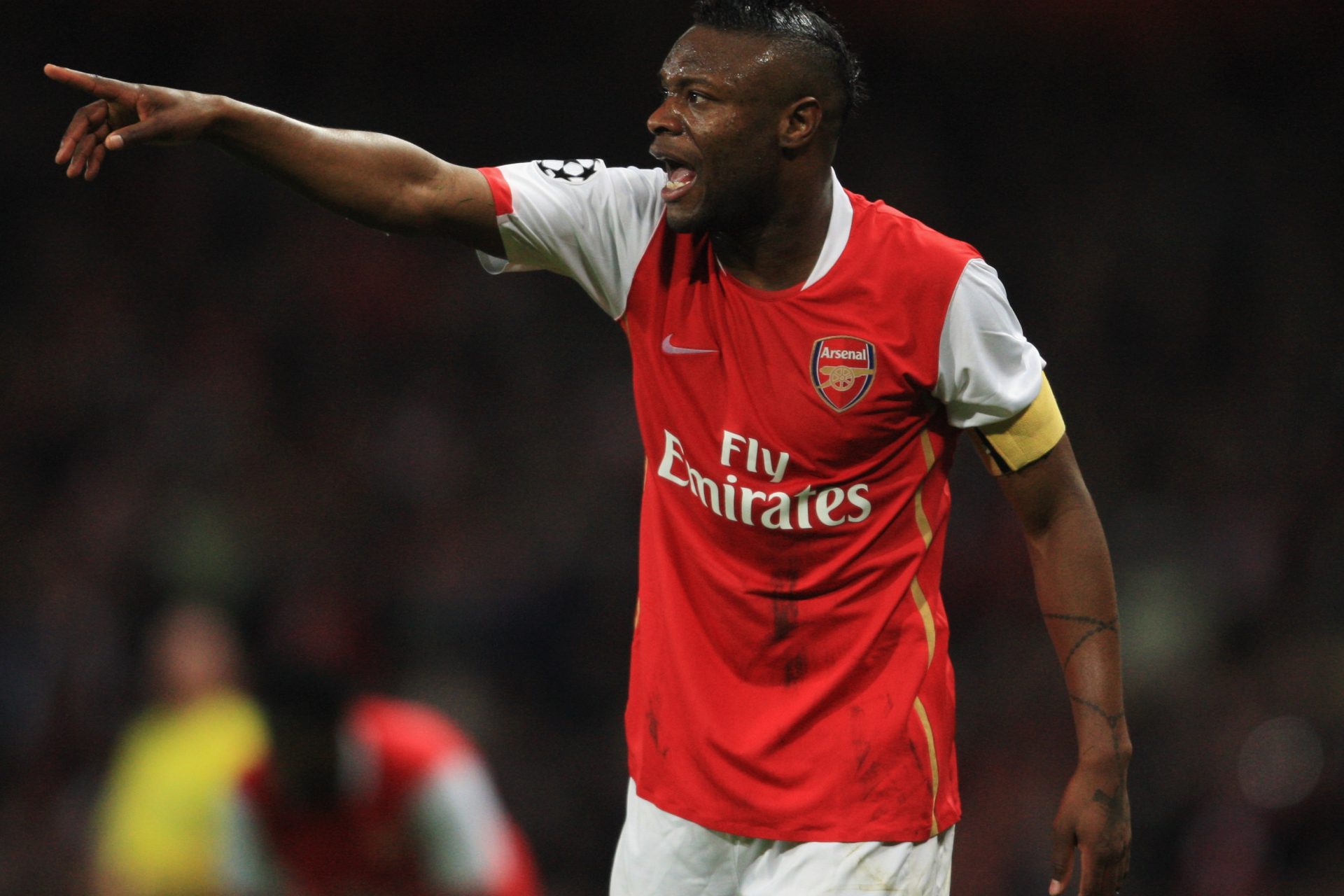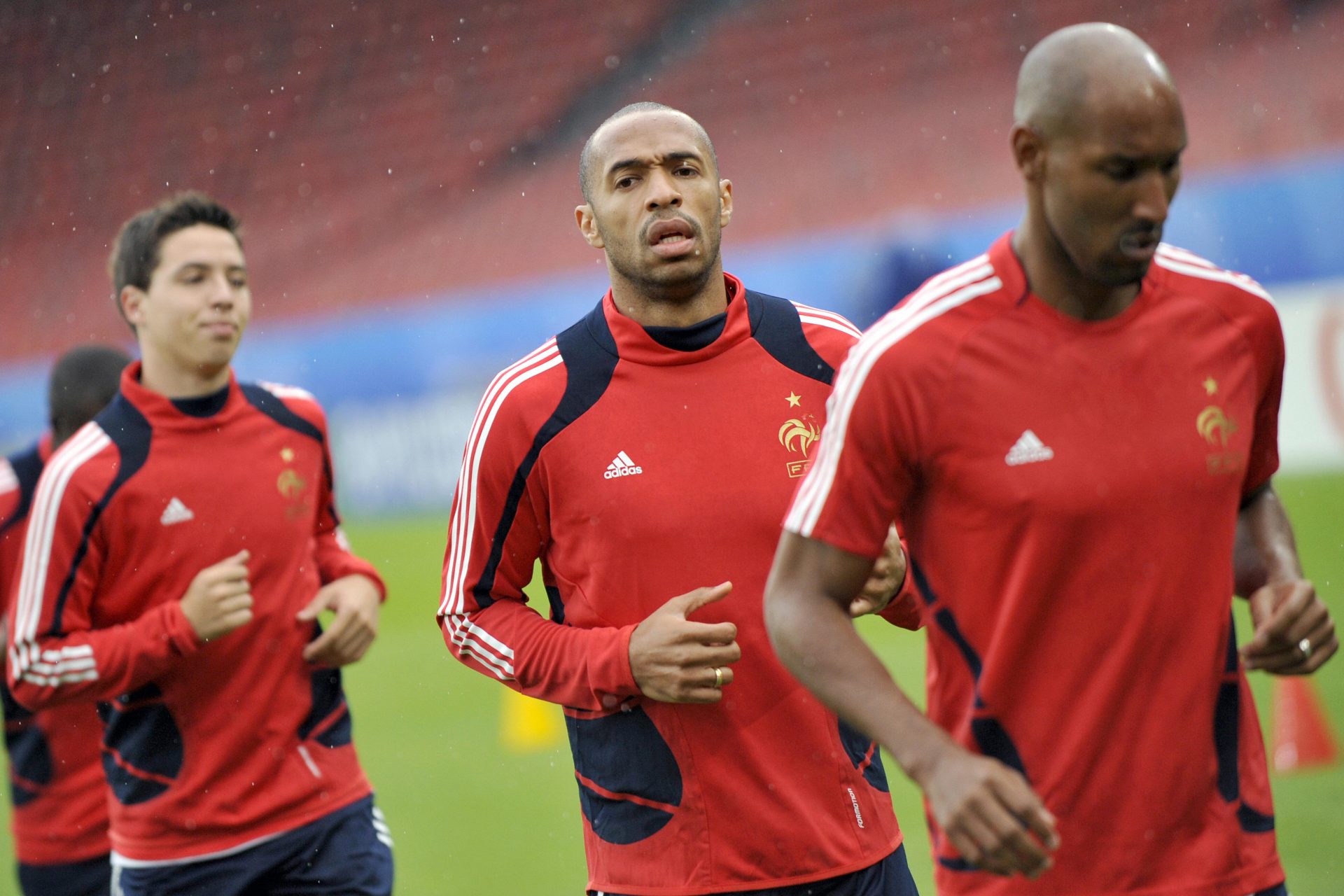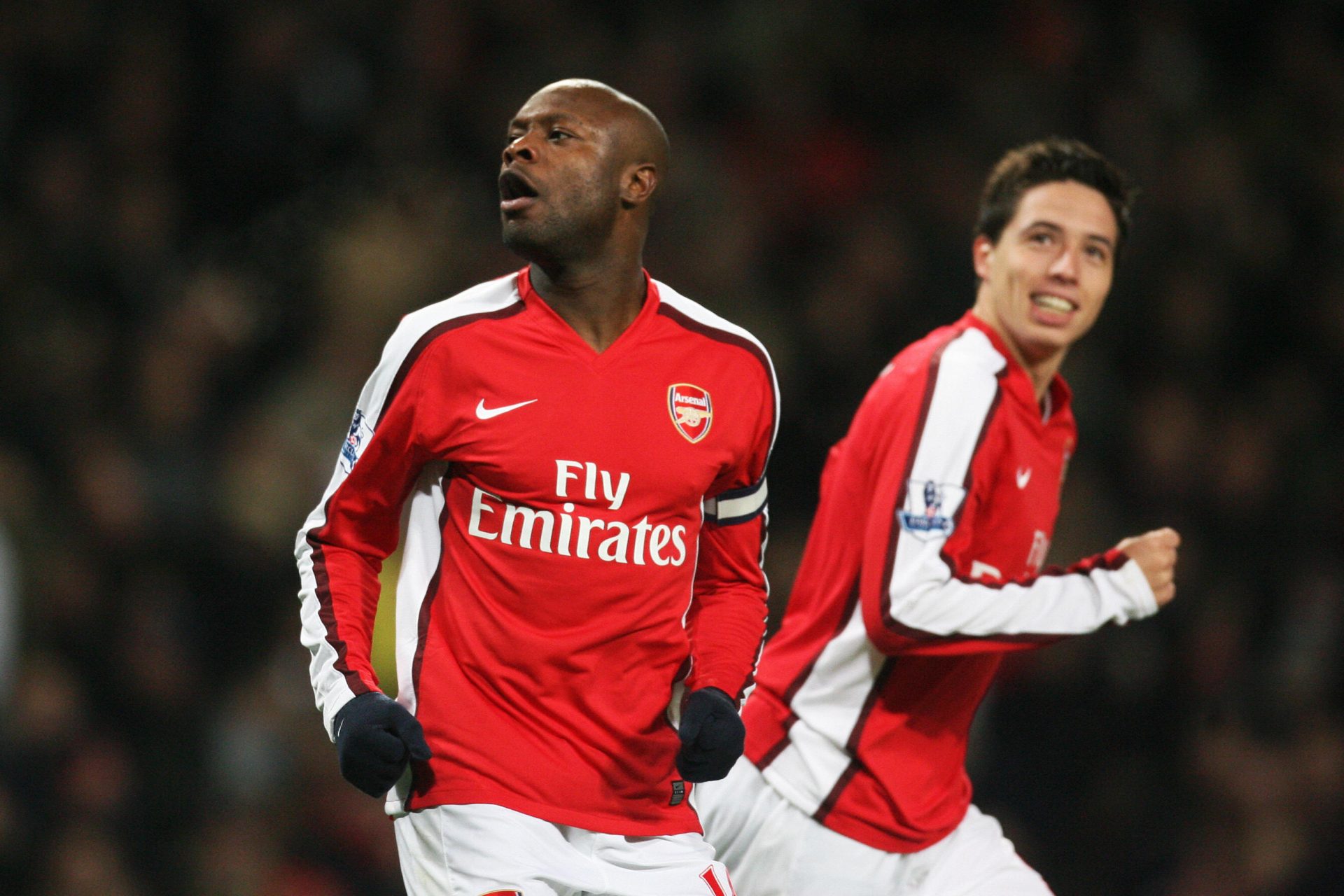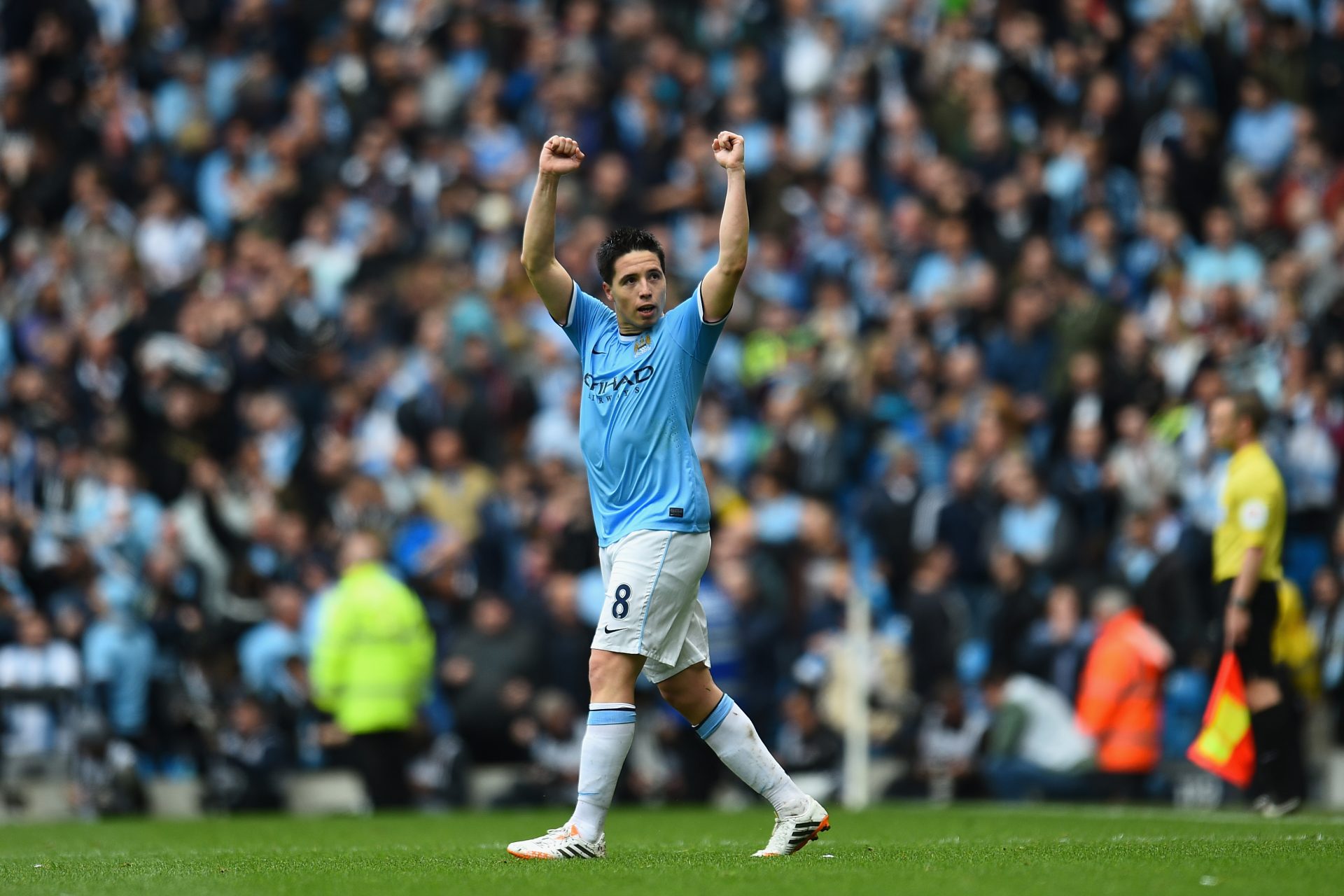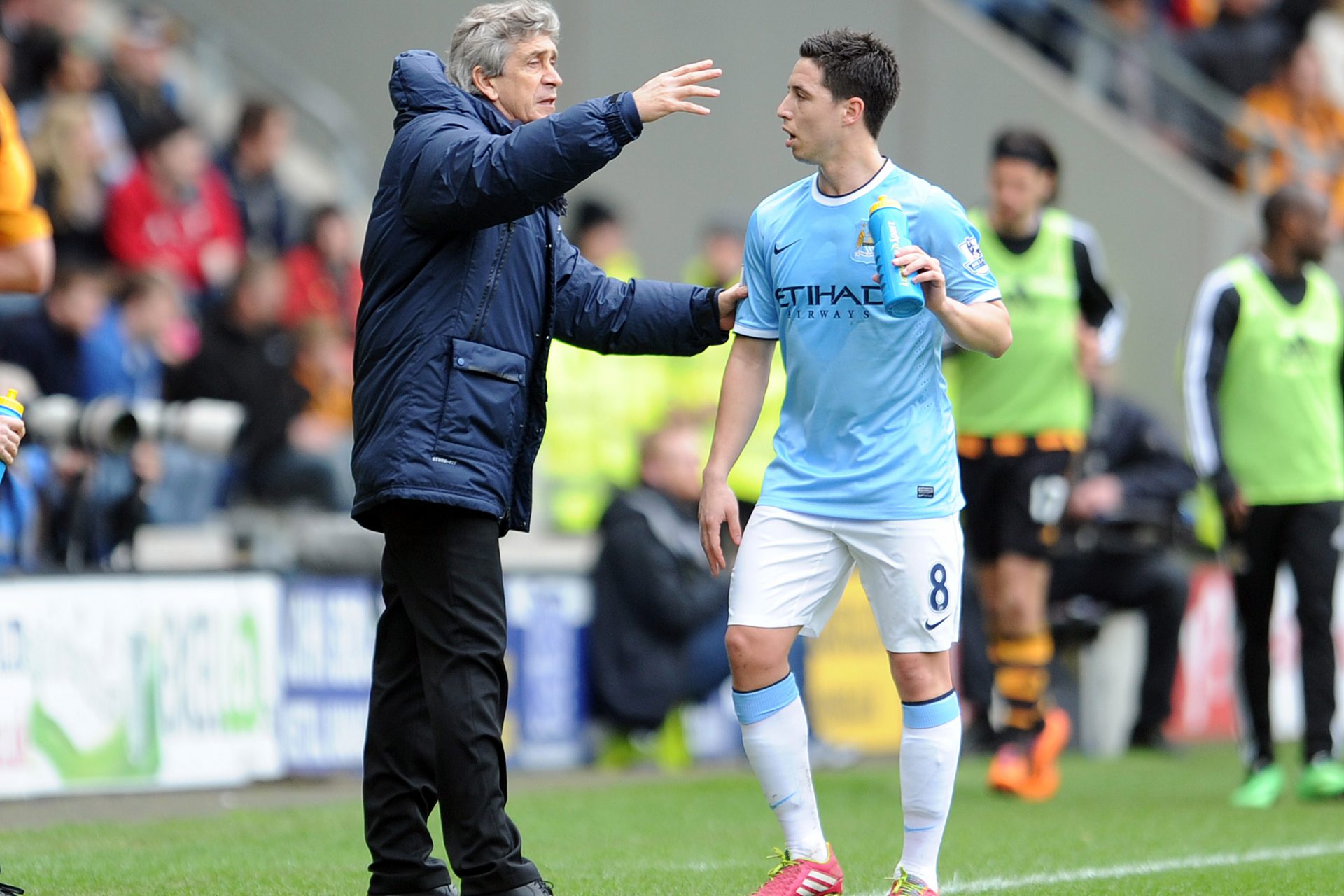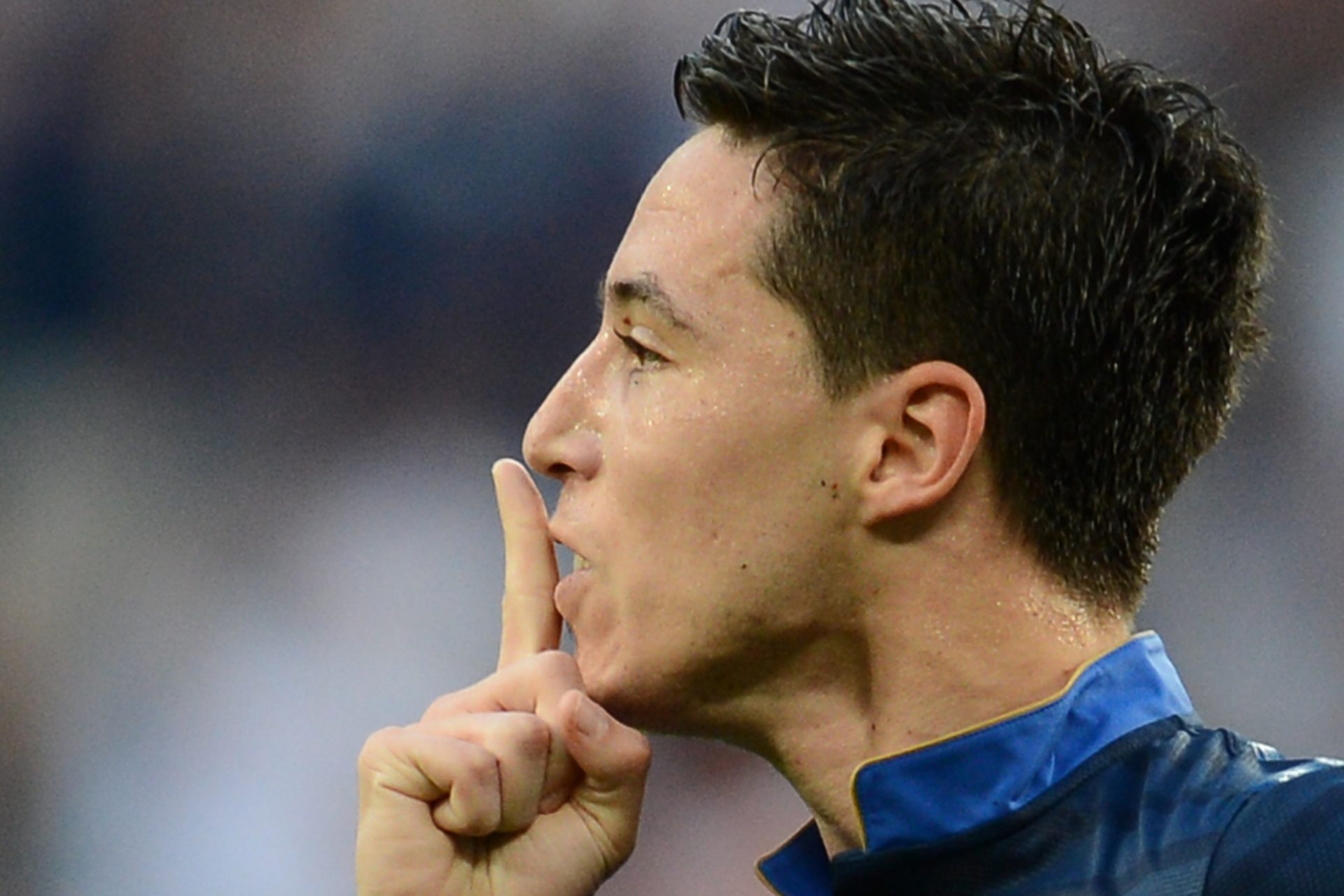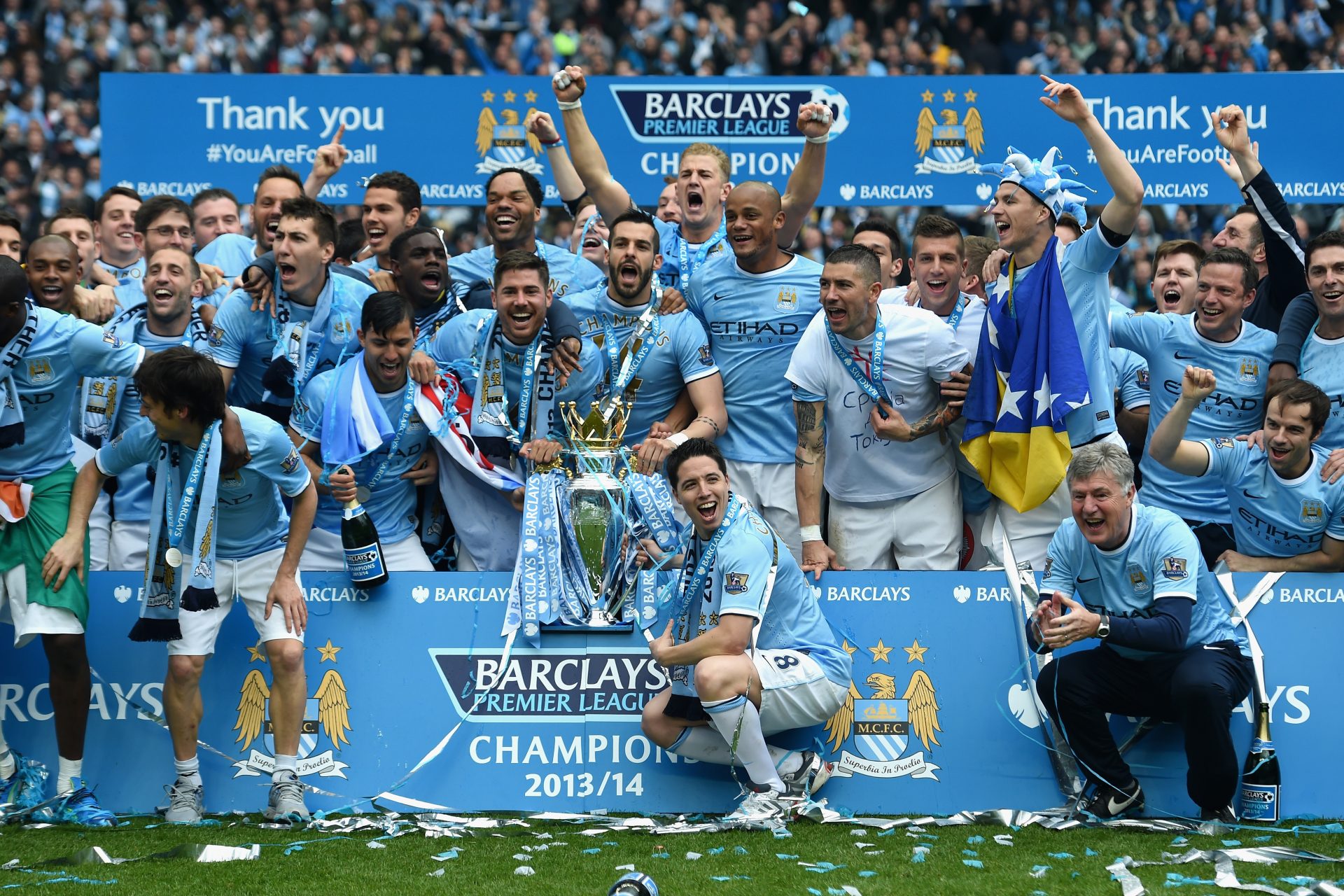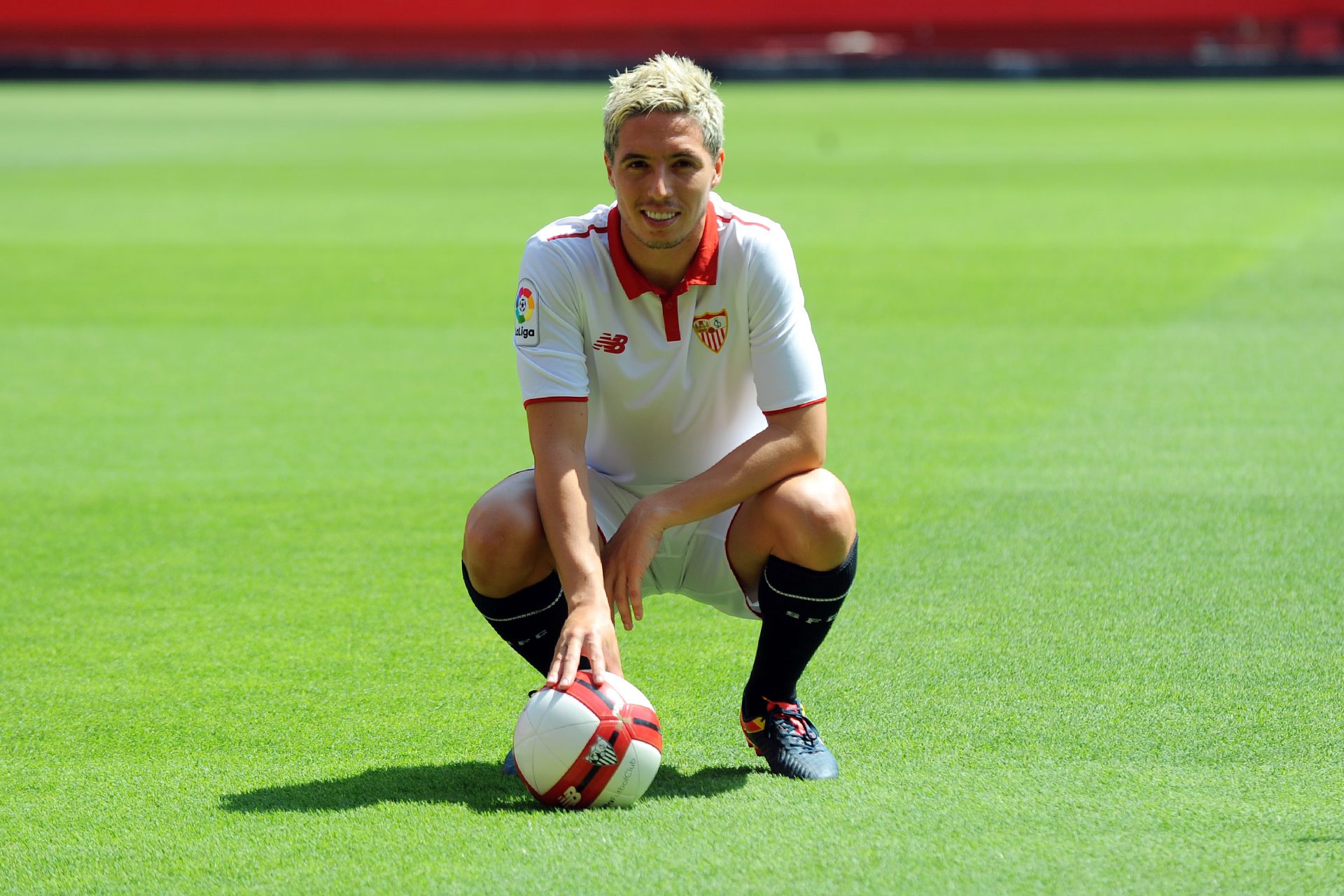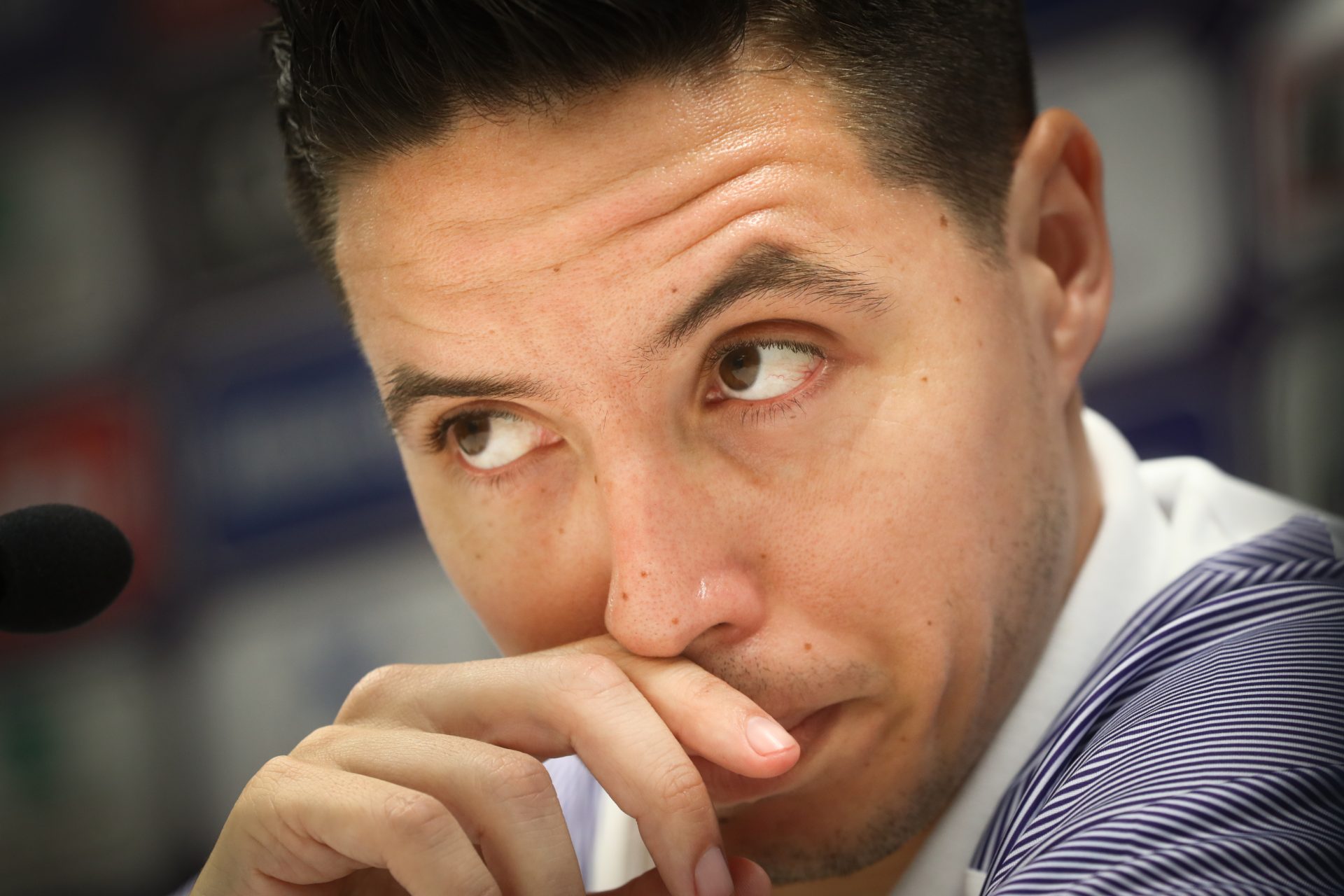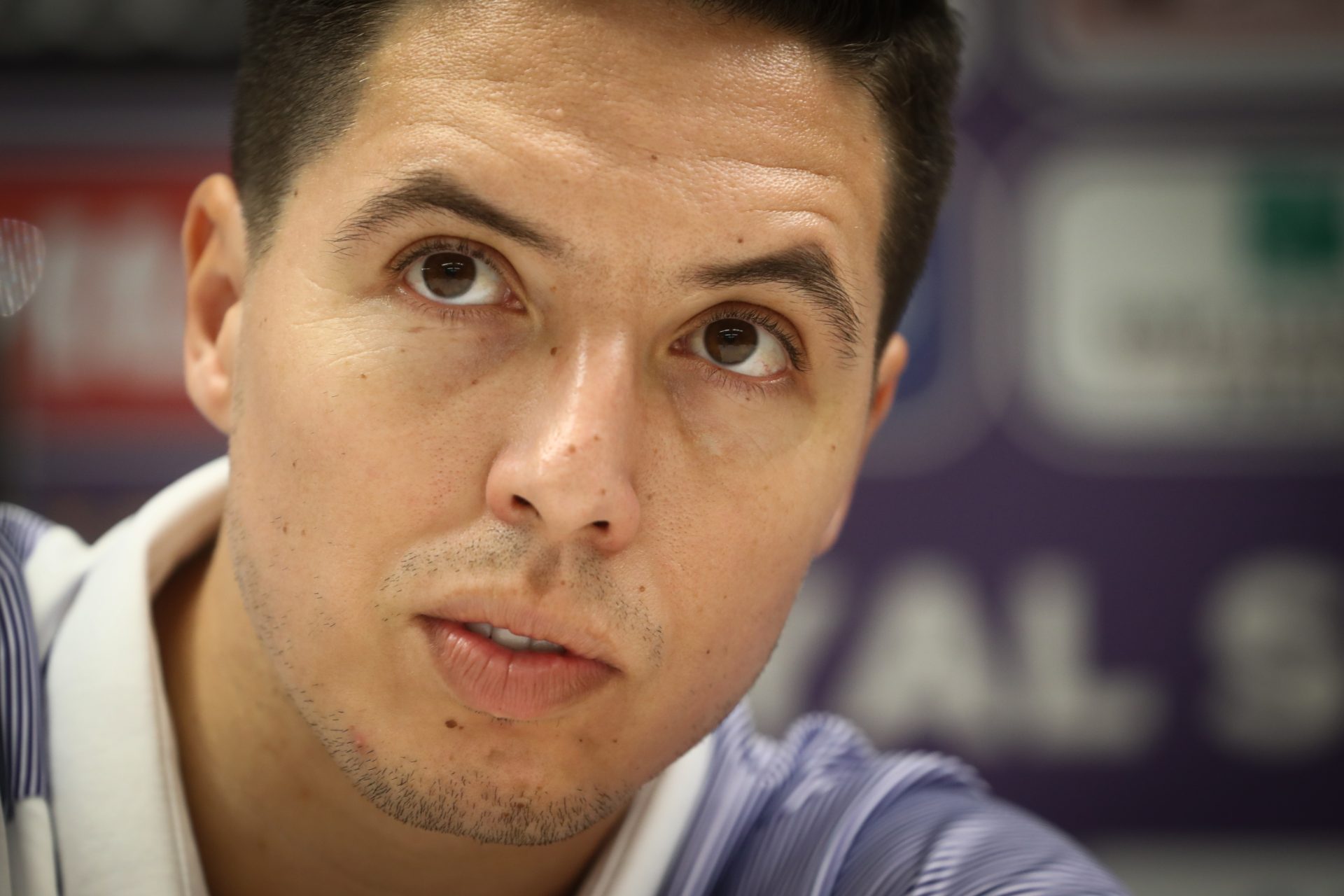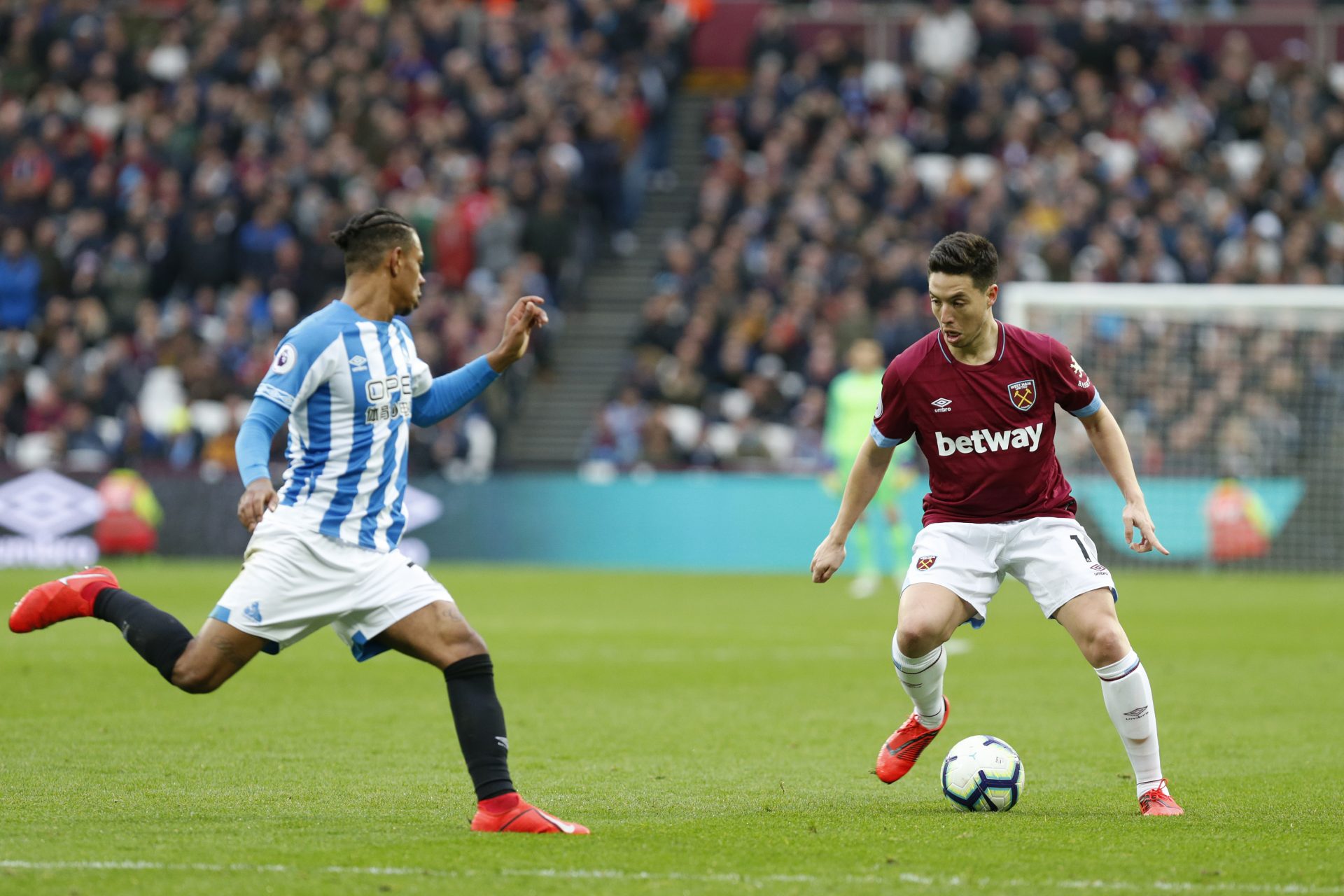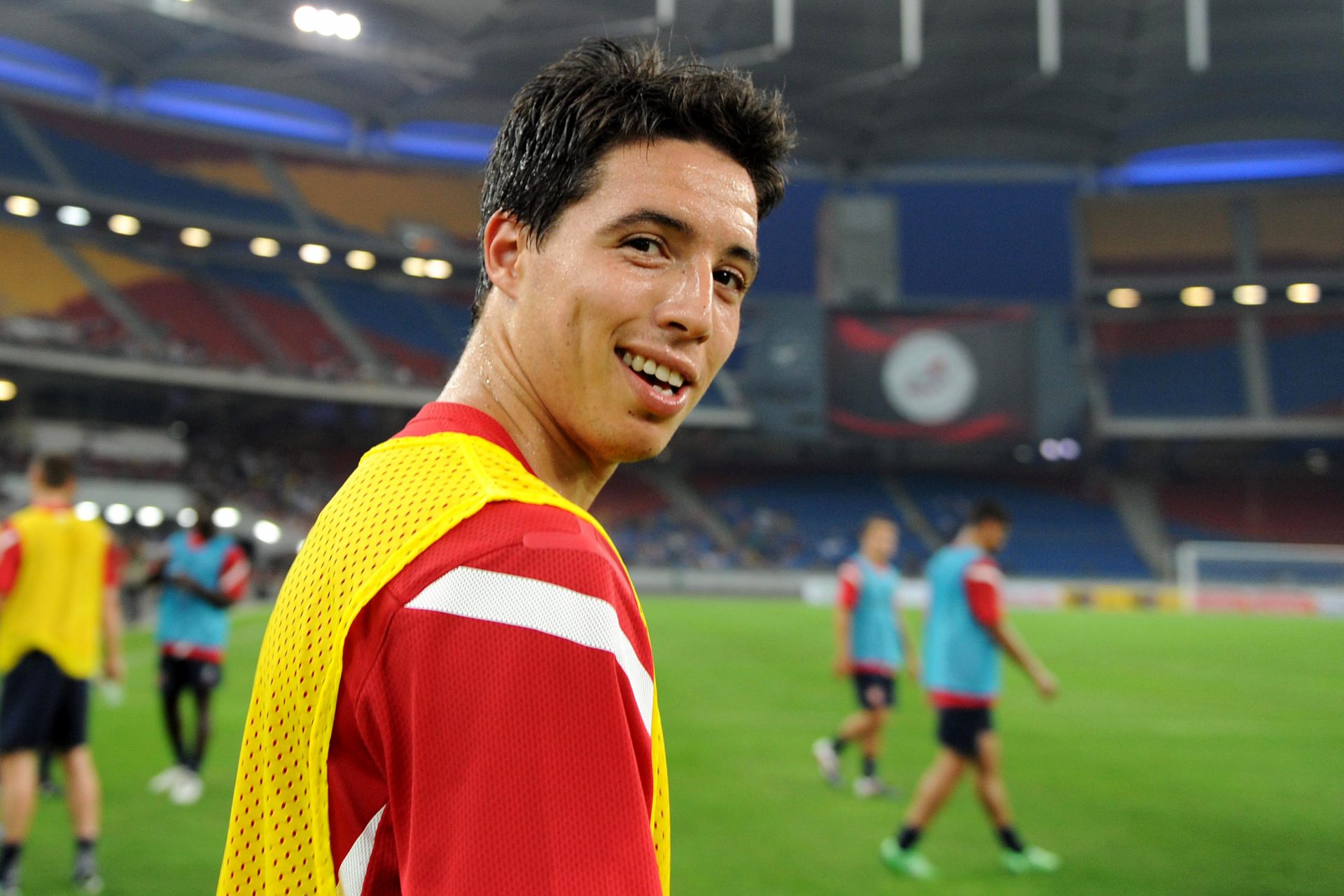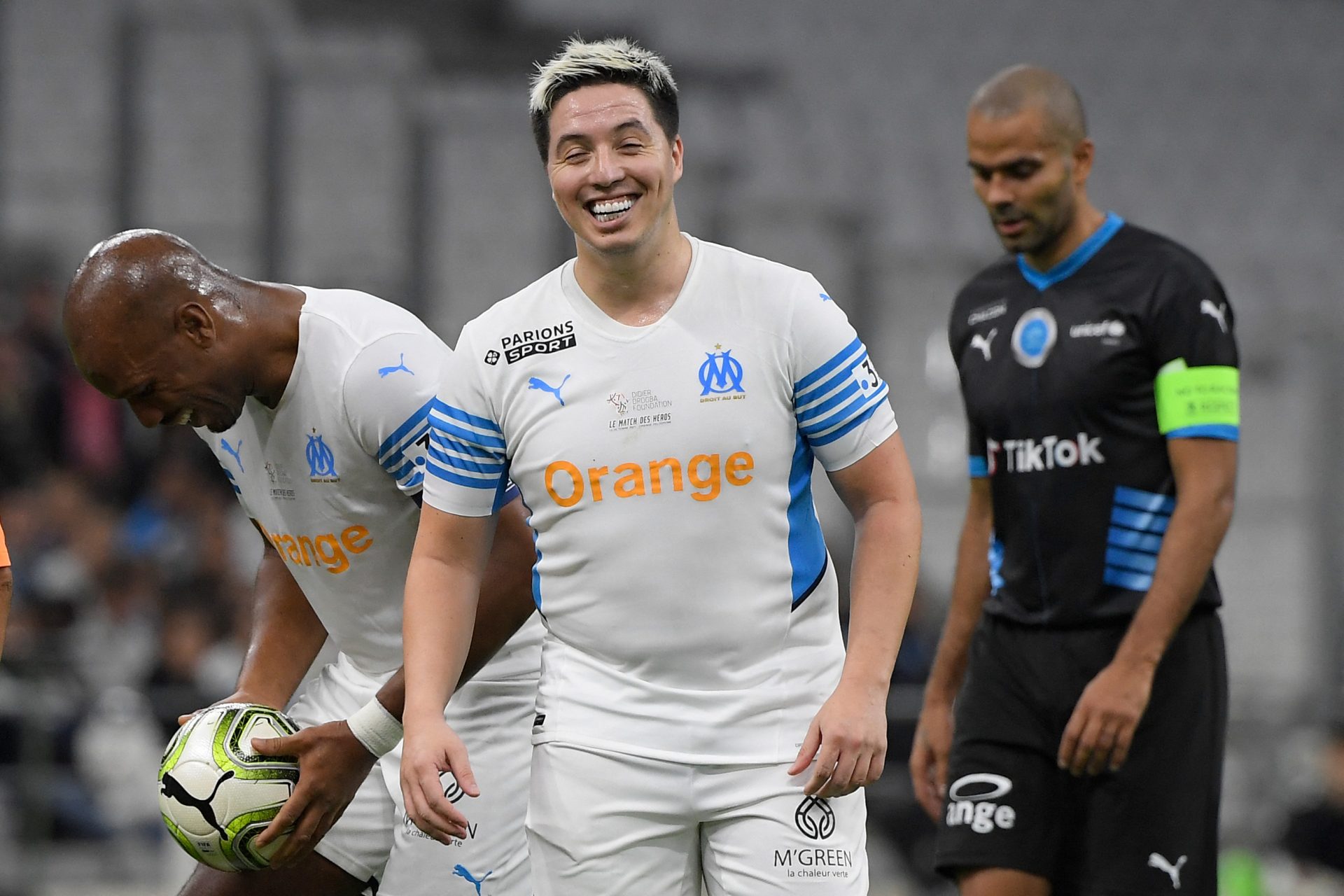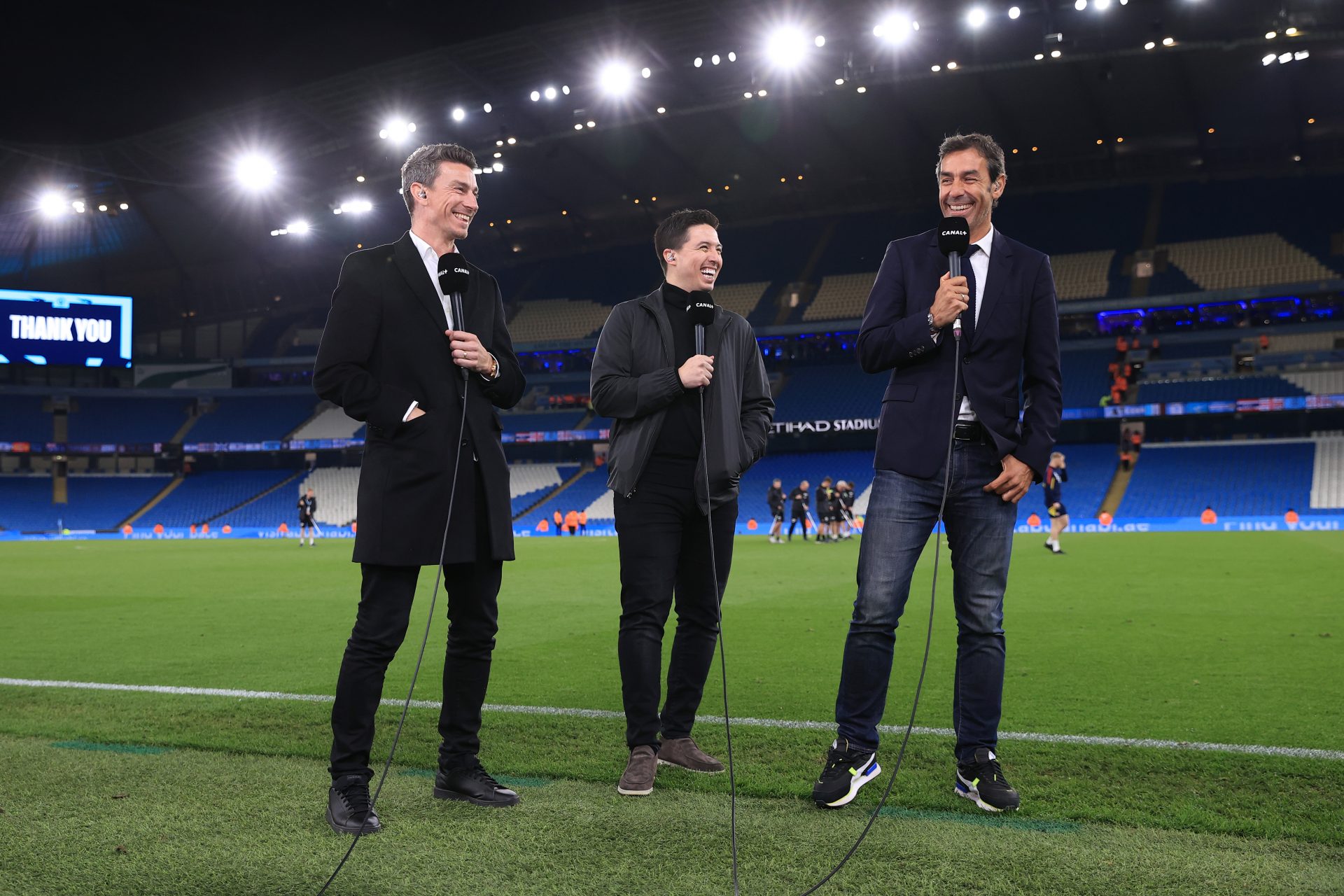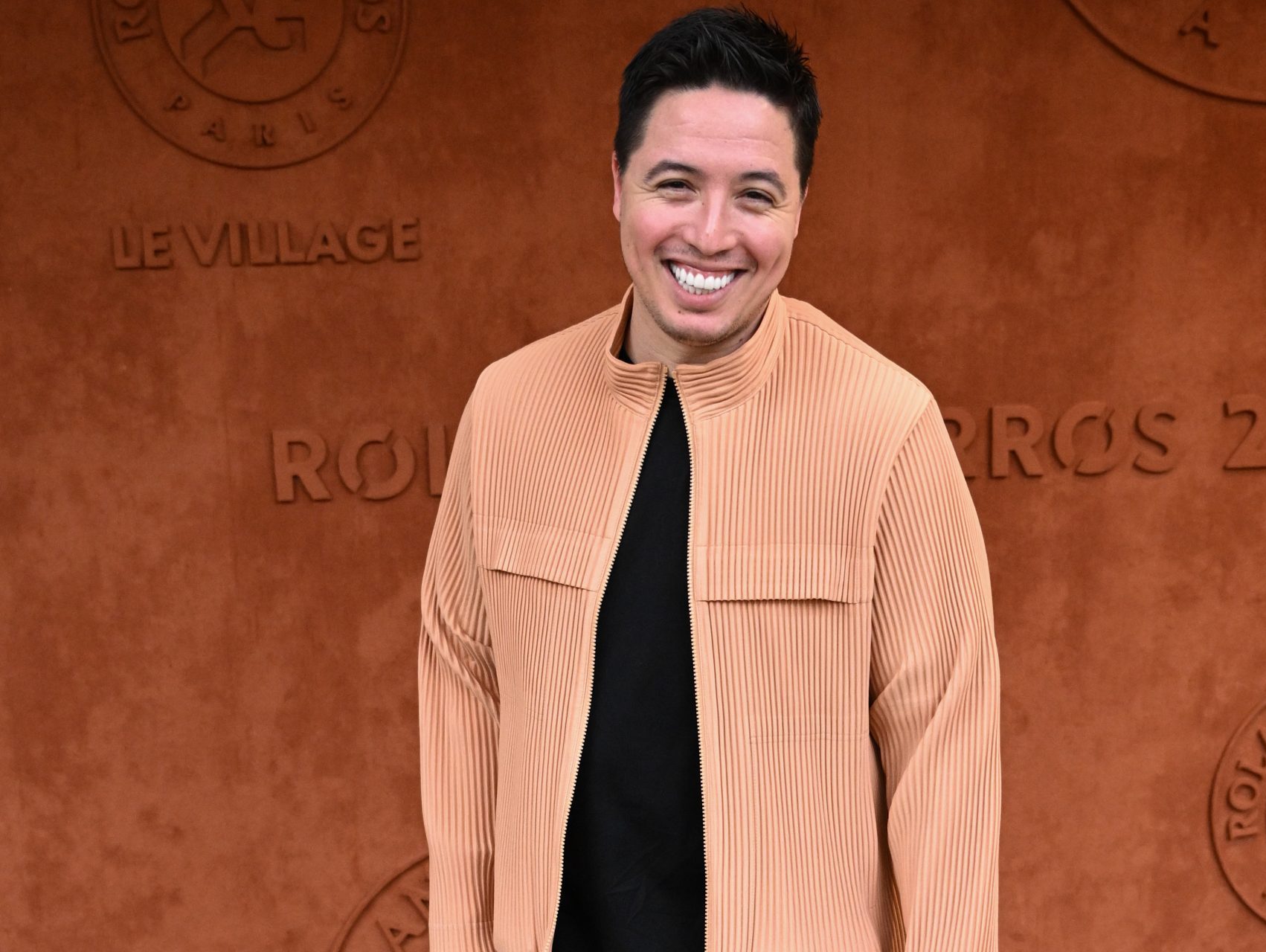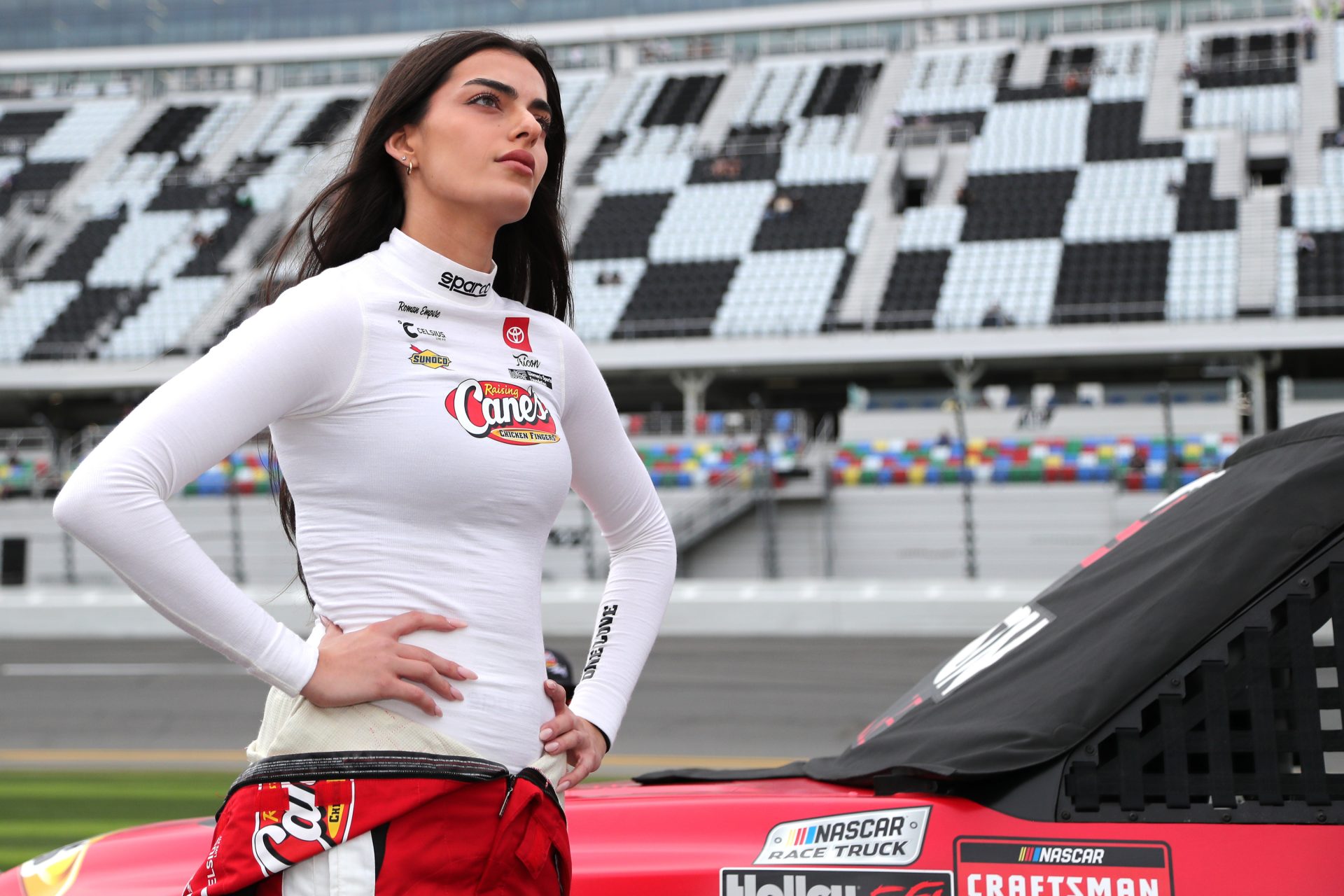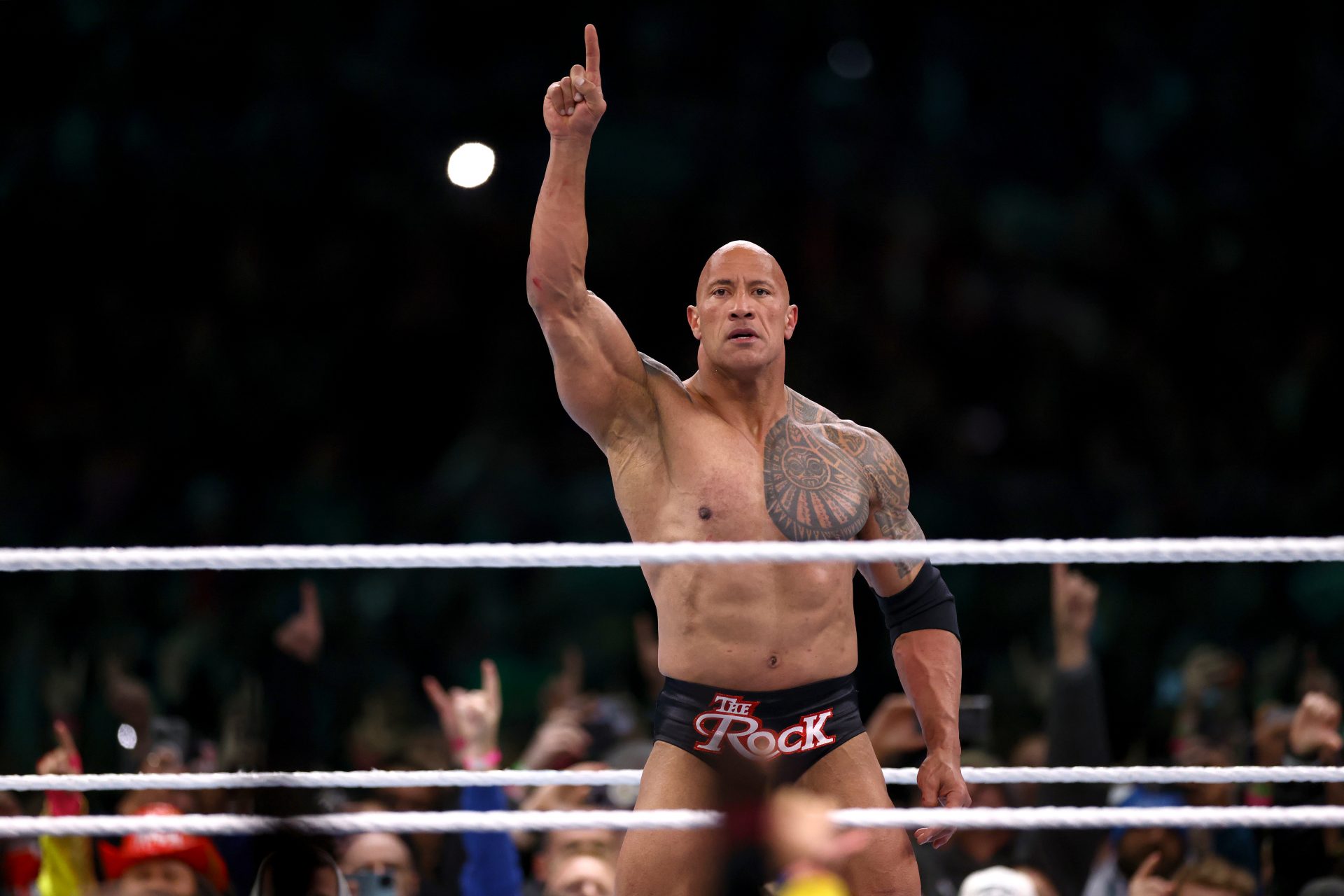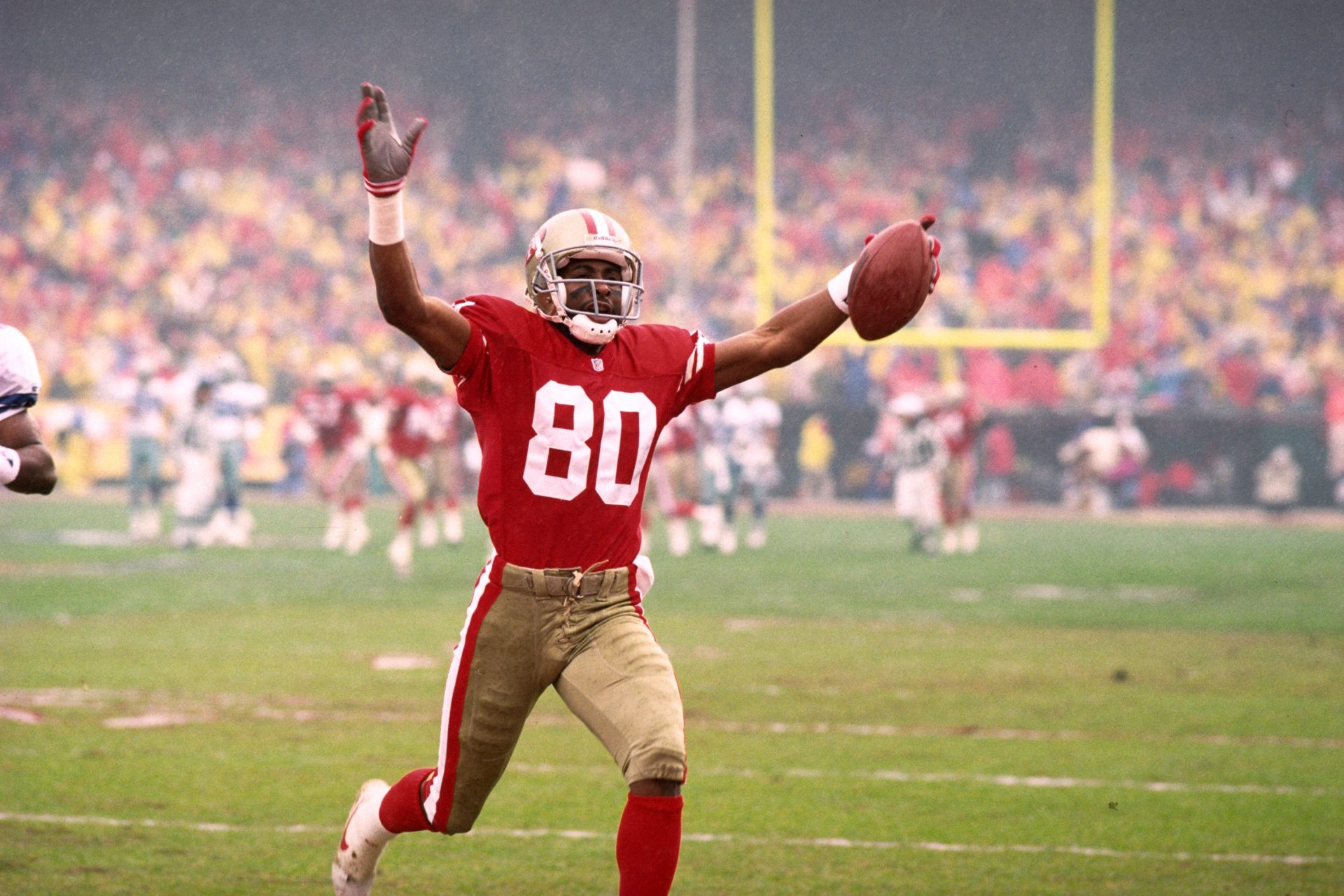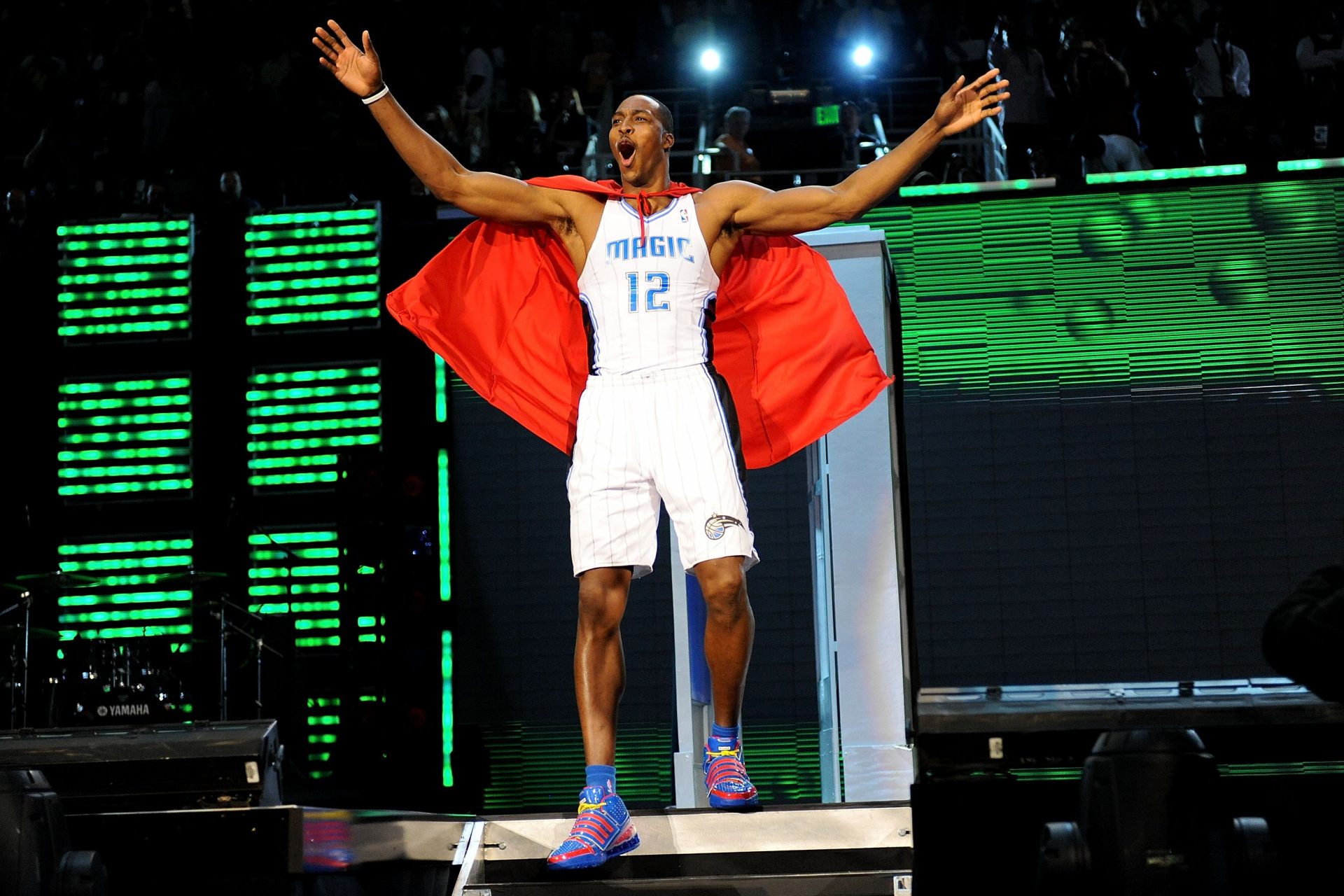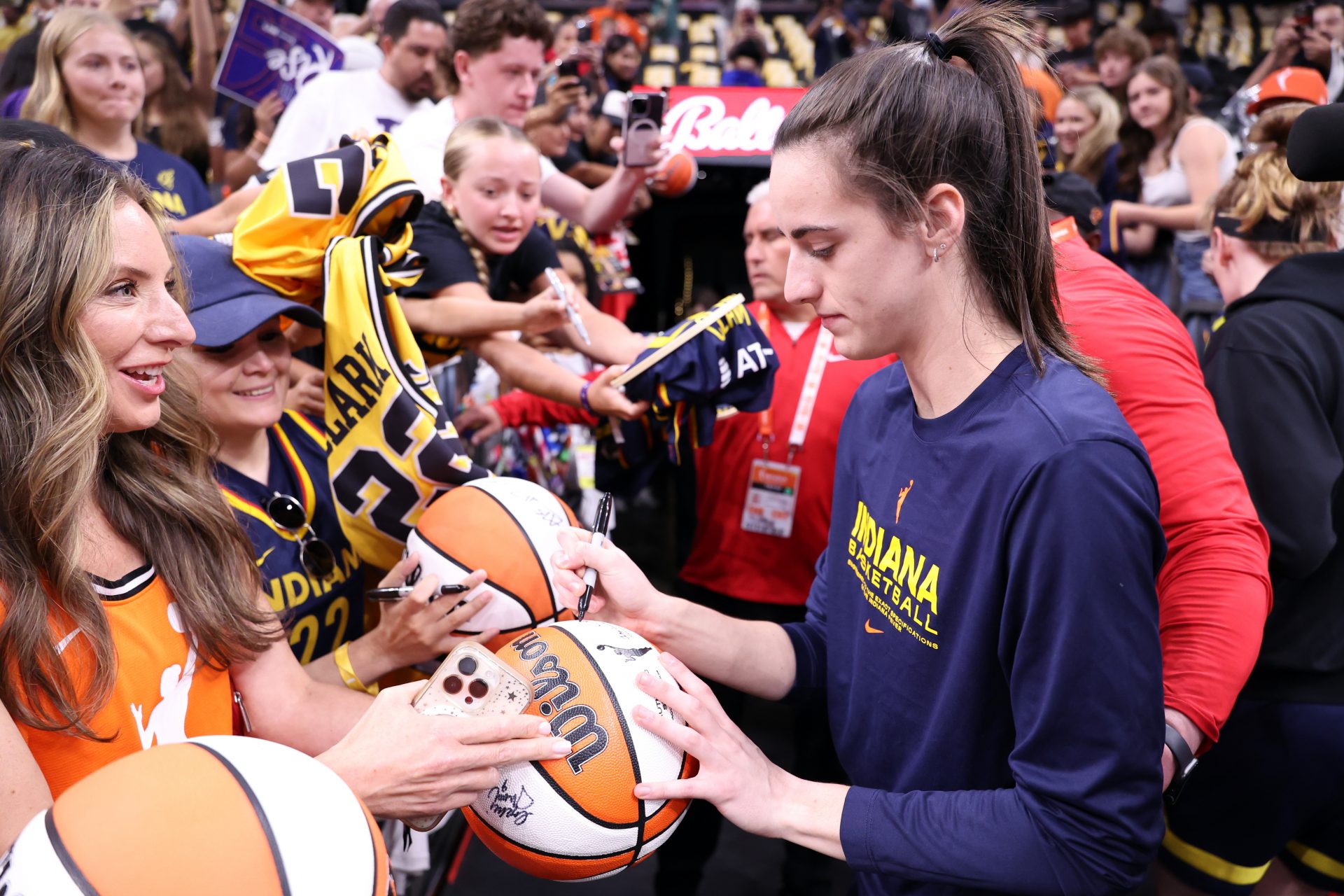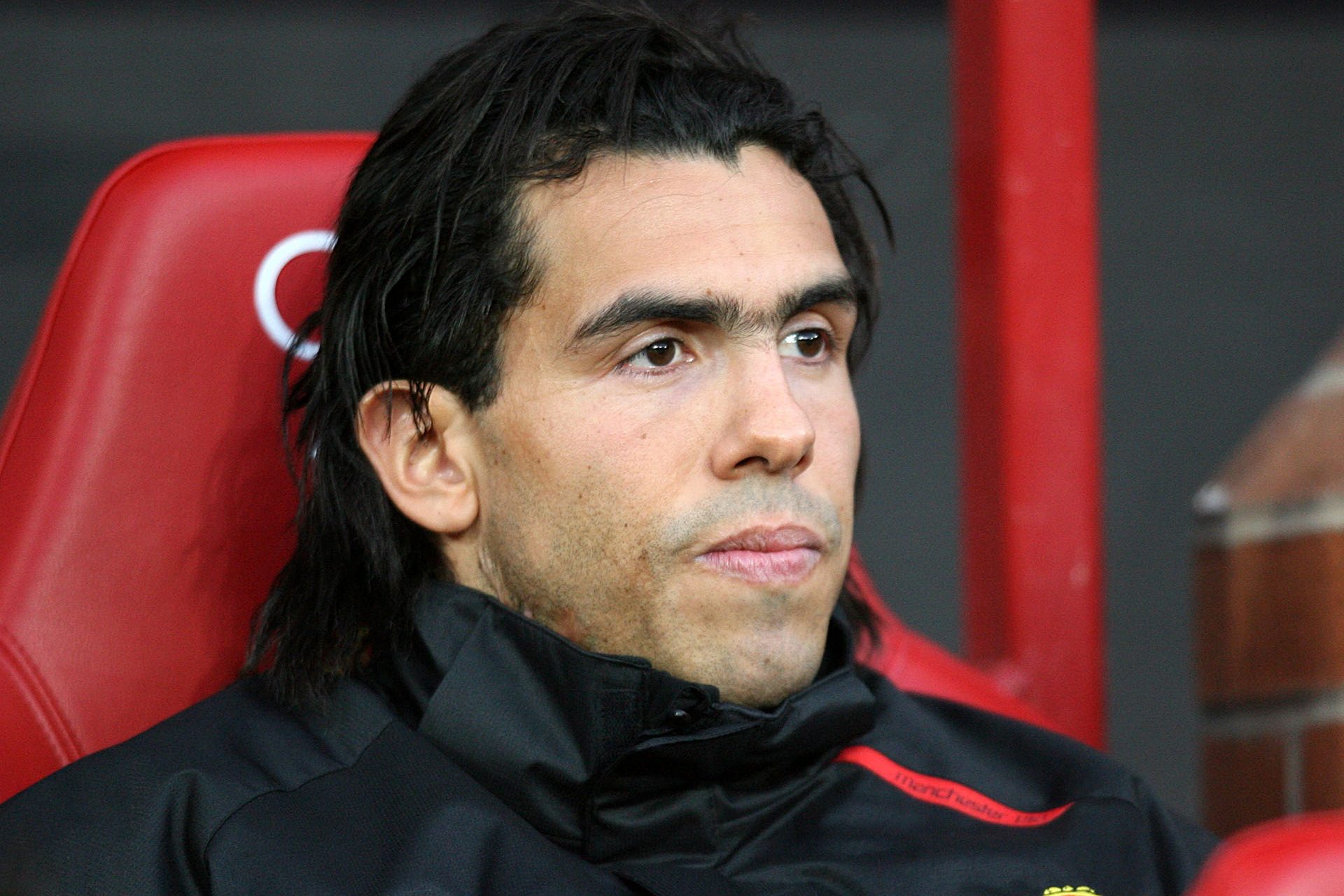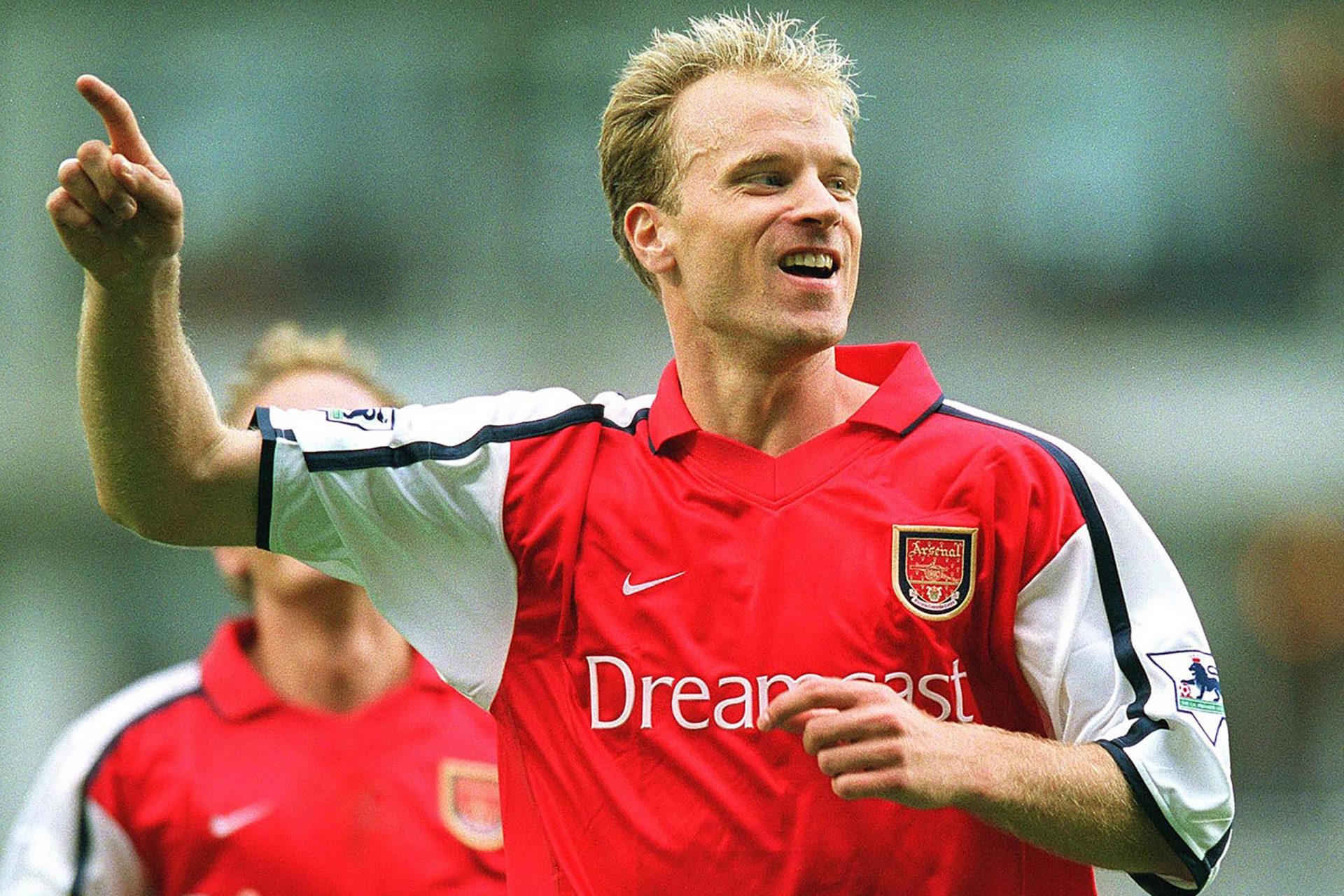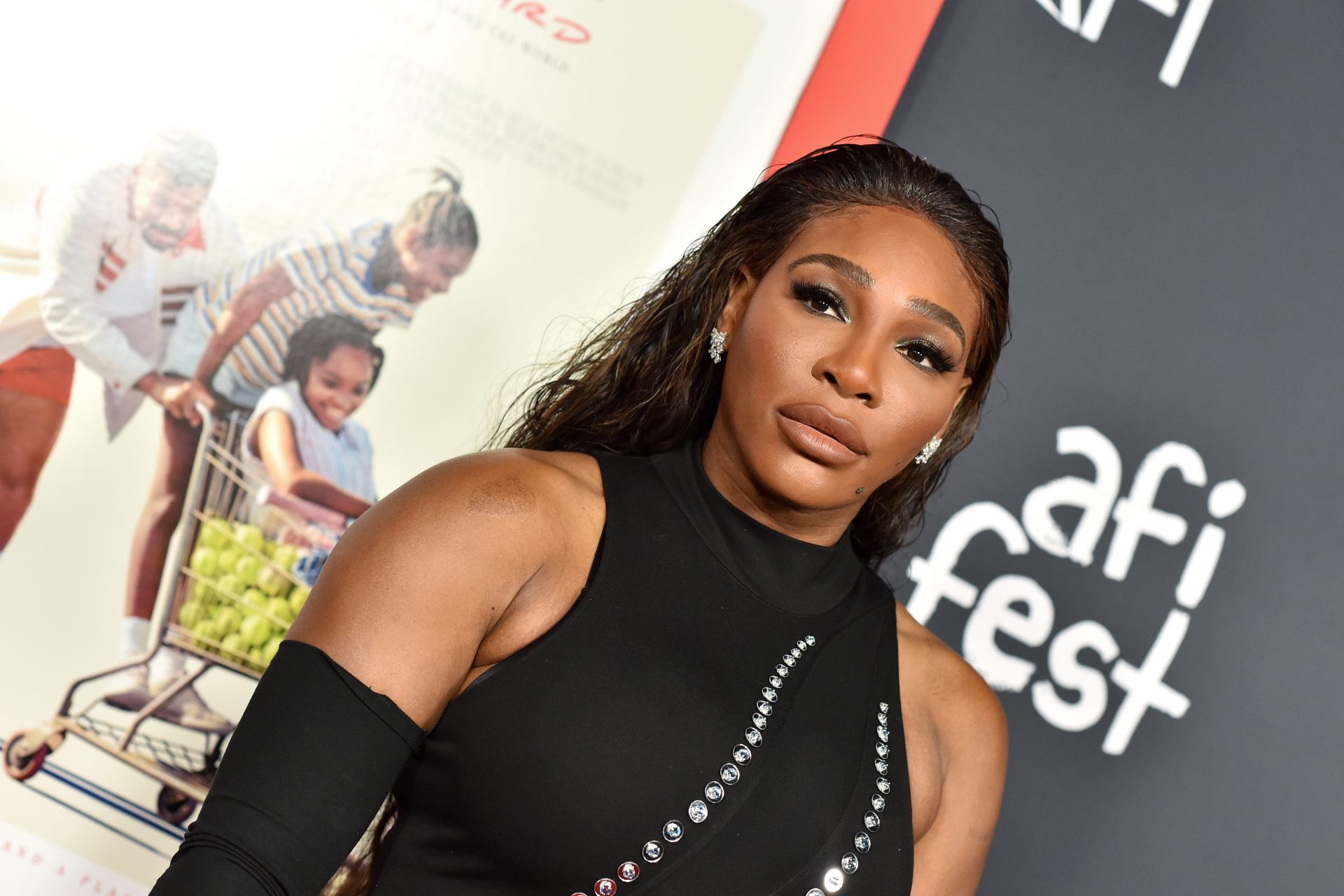What happened to former Manchester City star Samir Nasri?
Samir Nasri, often referred to as 'the Prince' was arguably one of the most talented footballers from the 1987 generation. The French international was a magician with the ball, however he was always unraveled with controversy.
Nasri has something in common with his compatriots Hatem Ben Arfa and Karim Benzema: they are extremely talented and have all experienced controversy during their careers.
Each of the three has had extra-sporting problems, and Nasri is no exception. Criticised for his lack of commitment and off-field behavior, the former Marseille player was also banned for 18 months for doping.
Want to see more like this? Follow us here for daily sports news, profiles and analysis!
Now a consultant for Canal+, Nasri is showing a new side to his personality: that of someone funny, calm, and respectful, making a successful reconversion after a turbulent career. Let's take a look back at Nasri's story.
The son of two parents of Algerian origin, Nasri was born in Marseille on 26 June 1987. He joined the Olympique Marseille youth academy at the age of 13, where he took his first steps. He won several youth team trophies and was selected for the French under-16 team.
In 2004, aged just 17, he made his professional debut for OM. The player impressed the fans, and the Vélodrome soon began calling him the 'little prince'.
The player blossomed extremely quickly and Nasri climbed the ranks at breakneck speed, winning the Intertoto Cup in 2005 with Les Phocéens. Voted Ligue 1 Young Player of the Year for the 2006/07 season, he was seen as the future of the Marseille team.
With his superb vision and undeniable passing and dribbling skills, Nasri quickly attracted the interest of Europe's top clubs. In 2008, he signed for Arsenal for 16.8 million euros, a considerable sum at the time.
Nasir integrated very well with the Gunners, and in 2010 he was twice voted Premier League Player of the Month. His 2010 season saw him voted the best French player, ahead of Florent Malouda and Hugo Lloris. He was also included in the Premier League Team of the Year in the 2010/11 season.
However, his three years at Arsenal (2008-2011) revealed the player's strong character. Rumours of conflict with defender William Gallas soon emerged, and the player was regarded as a 'brat' by some of his teammates.
Back in 2008, the young Nasri drew attention to himself in the French national team by clashing with Thierry Henry and Gallas at the Euros: "Are you speaking to me? Who do you take yourself for? You're only 20 ... I am not your friend," the defender said.
Nasri went on to explain to the English press: "We played together at Arsenal for a year without talking to each other [with Gallas, editor's note]. There were other people who didn't talk to him either. The team came first, and we were able to put our differences aside on the pitch."
Want to see more like this? Follow us here for daily sports news, profiles and analysis!
In 2011, the Marseille-born player took everyone by surprise when he left Arsenal to join Manchester City, which was still a top club in the making. He became the highest-paid French player in the world, earning 10.7 million euros a year.
After a disappointing first season, in which he nonetheless won the league, Nasri began to make his mark, winning the Community Shield in 2012. The arrival of Manuel Pellegrini on the coaching bench in 2013 enabled him to earn a starting berth.
2012 was also marked by other controversies. During the Euros, he celebrated a goal by putting his finger to his mouth before hurling insults at the French press. Then he insulted a journalist of the French news agency AFP again. This time, his image as a 'brat' spread throughout France.
The 2013/14 season was probably the most successful of Nasri's career. With the Sky Blues, he provided 12 assists and scored 12 goals in the Premier League, leading Manchester City to another title.
Unfortunately, he picked up an injury and, from 2015 onwards, began to play less and less. Despite Pep Guardiola's desire to keep the player, the Frenchman decided to move to Spain's Sevilla in 2016.
His spell with the Andalusians was a complicated one, marked by a doping scandal. On 26 February 2018, UEFA announced a six-month ban for Nasri, who was found guilty of having benefited from intravenous vitamin therapy in 2016. This ban was later extended to 18 months.
"I was on holiday with my family. I became ill, I had a virus. I did not leave my room, I was suffering from vomiting, big headaches, I was empty," he revealed to French newspaper L'Équipe. "I called a friend and told him to find me a doctor. He couldn't. He said to me: 'There is a clinic, it will re-boost you'. Especially as I was going back to Sevilla in two days' time. I said okay. I didn't know the rules."
Nasri then moved to Antalyaspor in Turkey, before finishing his career with West Ham and then Anderlecht in 2019 and 2020.
Highly acclaimed in England, Nasri does not have the same connection with the French public. His many controversies and bad behaviour have tarnished his image in France.
In 2021, on the occasion of a charity match, Nasri was mocked on social media for his weight gain.
That same year, in September 2021, he made his debut at Canal+ as a pundit, analysing the Champions League. In doing so, he revealed a new facet of his personality: amusing, with a smile on his face, he gained in popularity in France.
Want to see more like this? Follow us here for daily sports news, profiles and analysis!
Today, Nasri is well established at Canal+ and entertains fans with his stories and anecdotes. Could this be the start of a new career for him?
More for you
Top Stories



